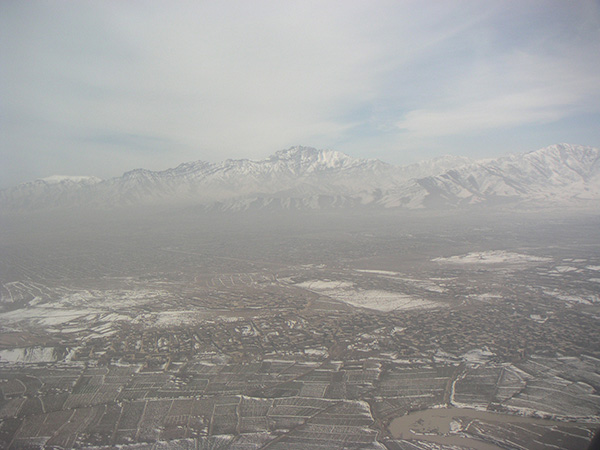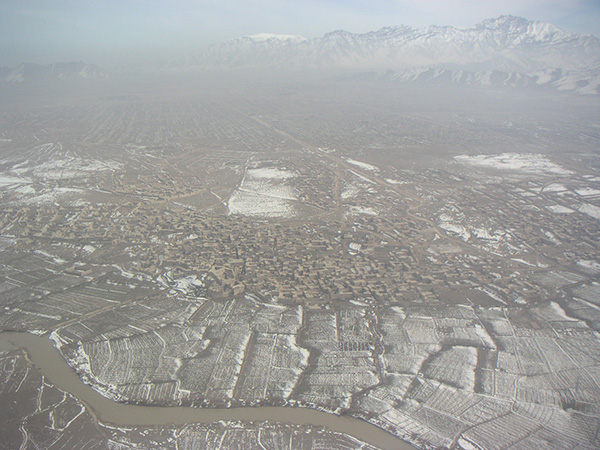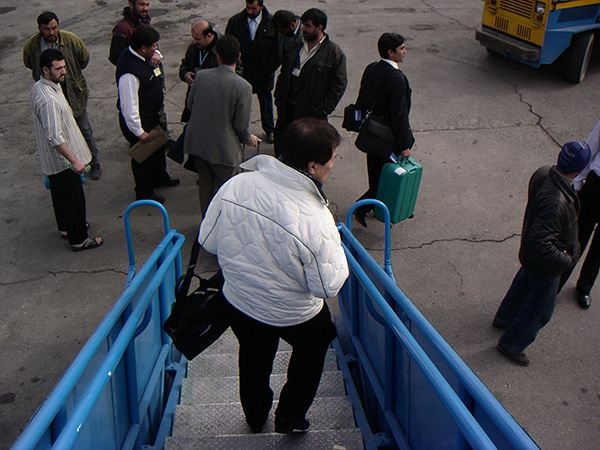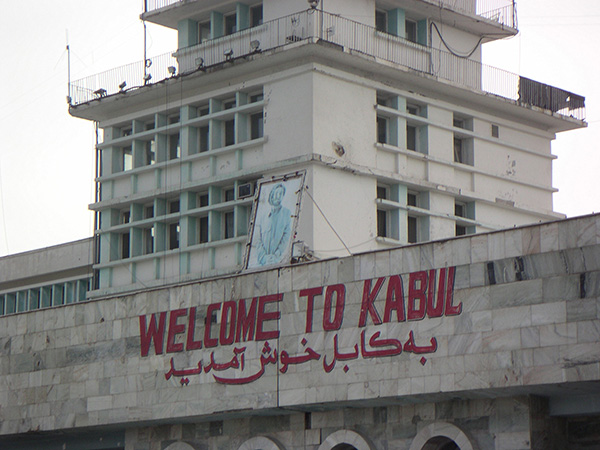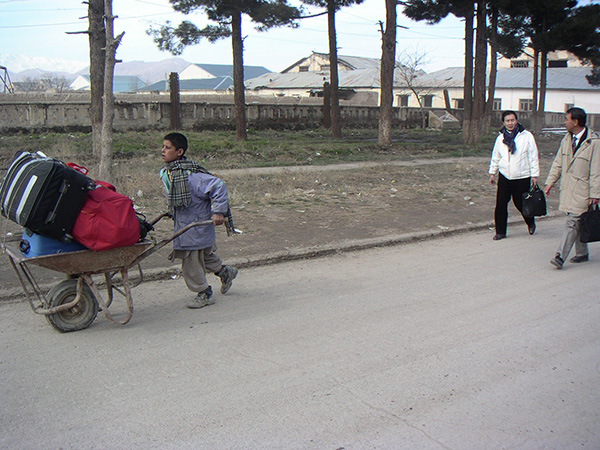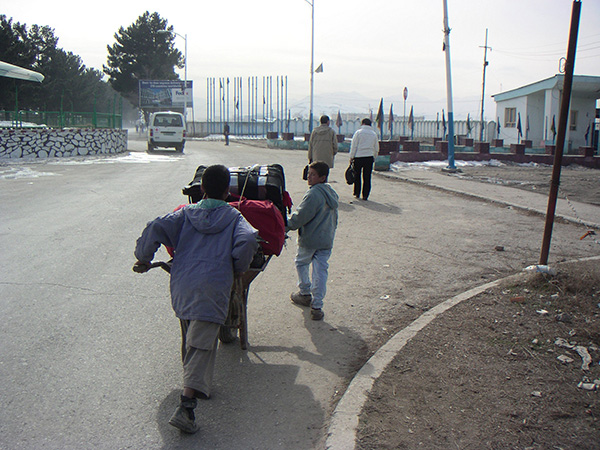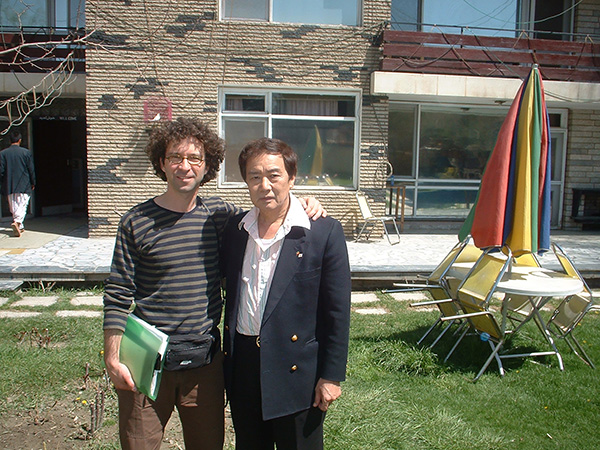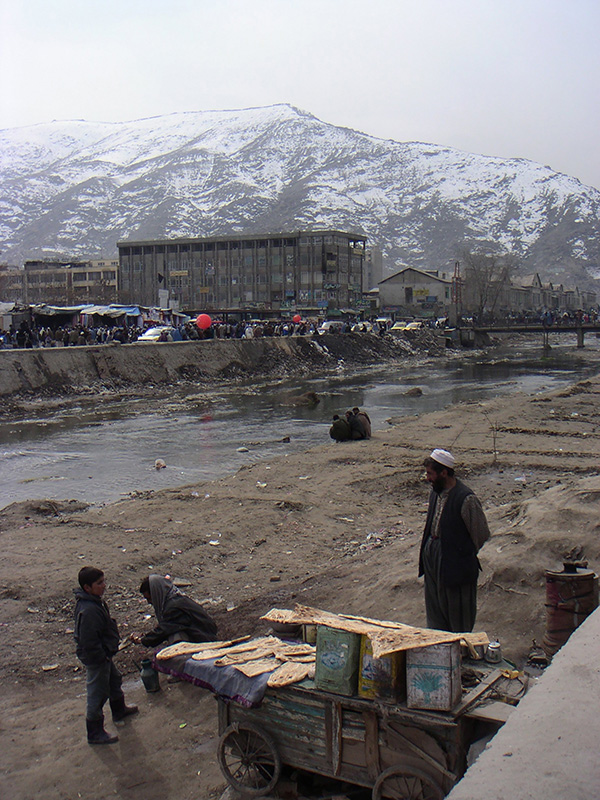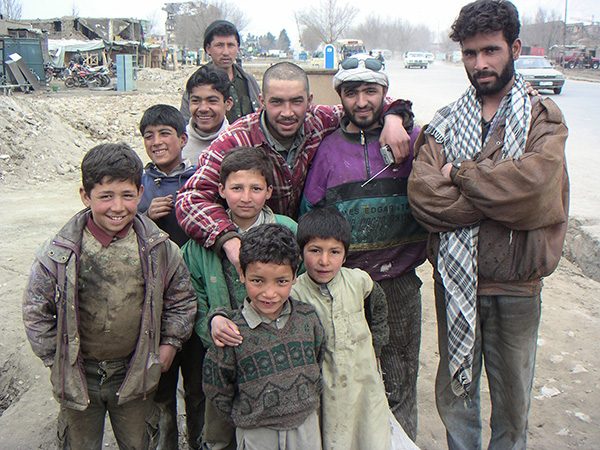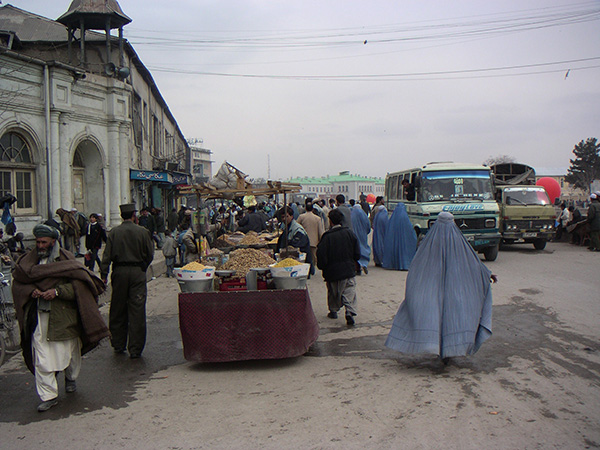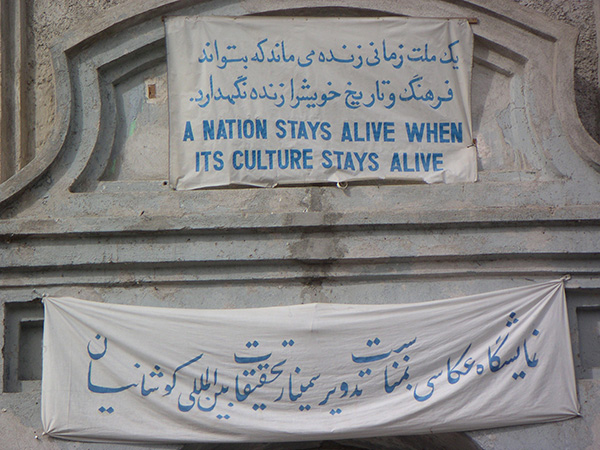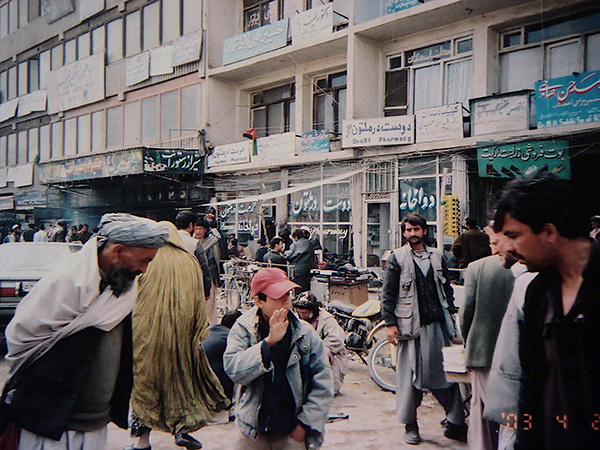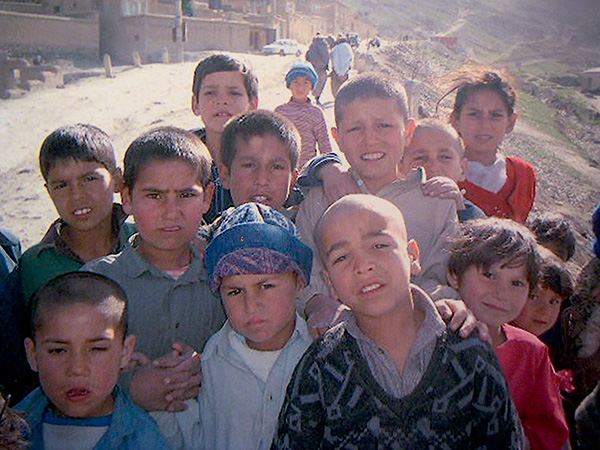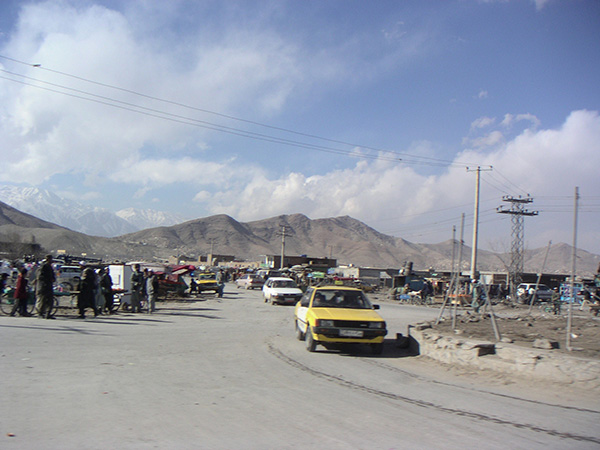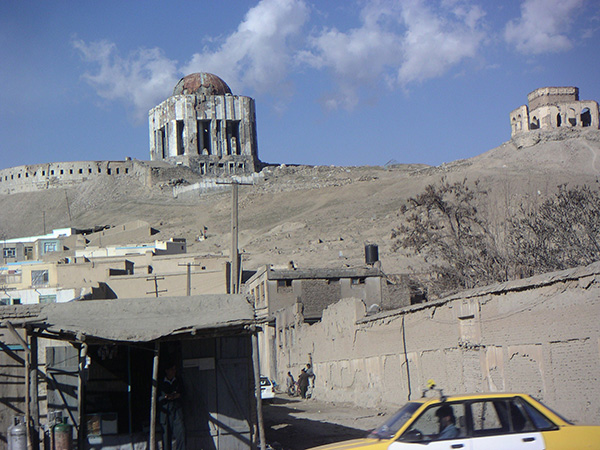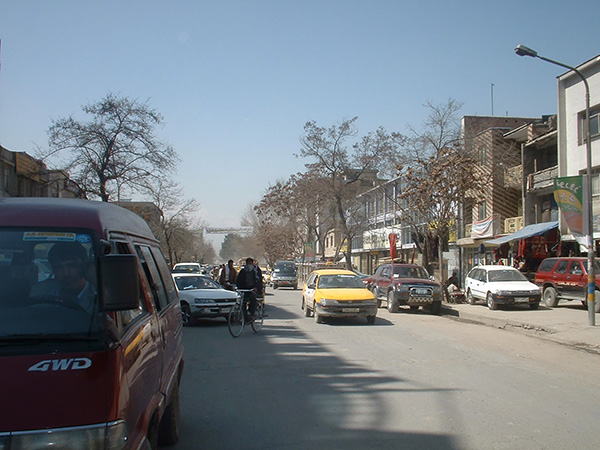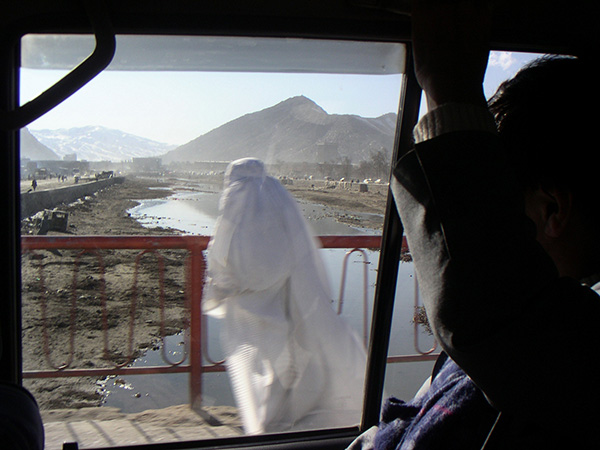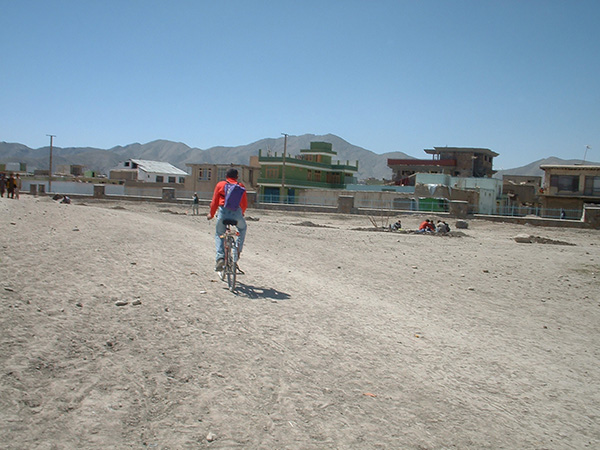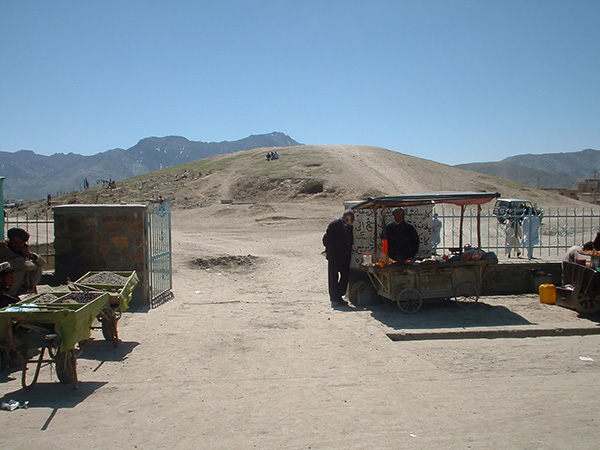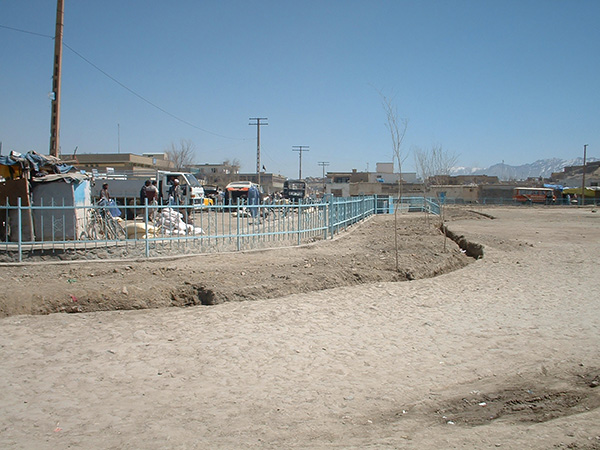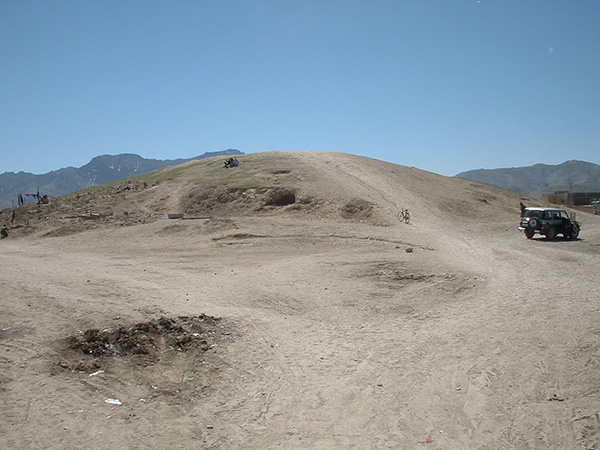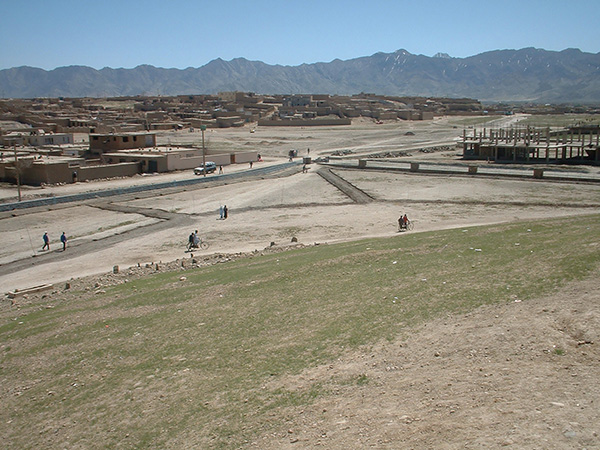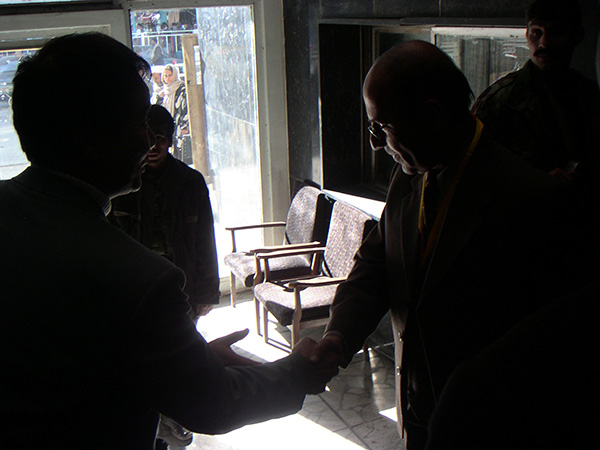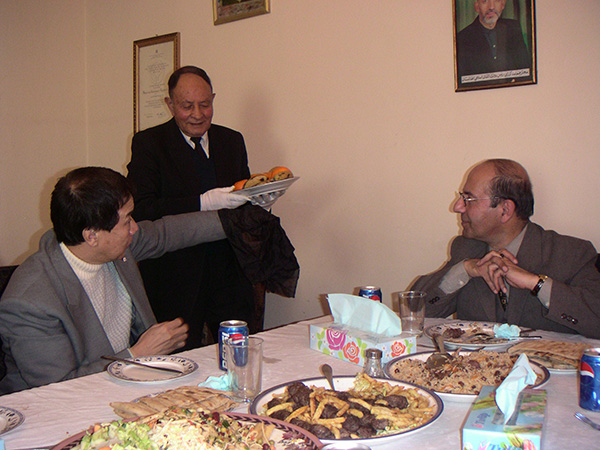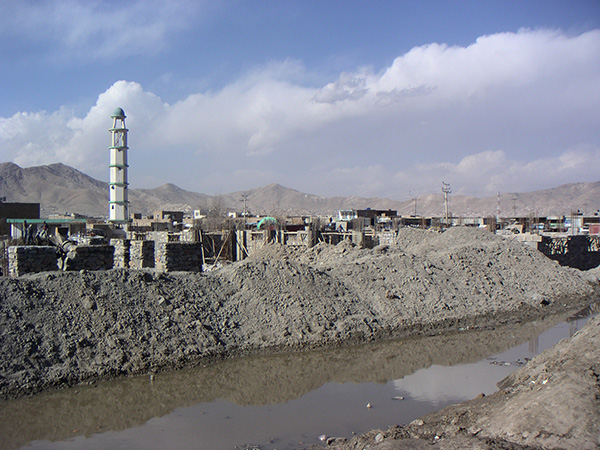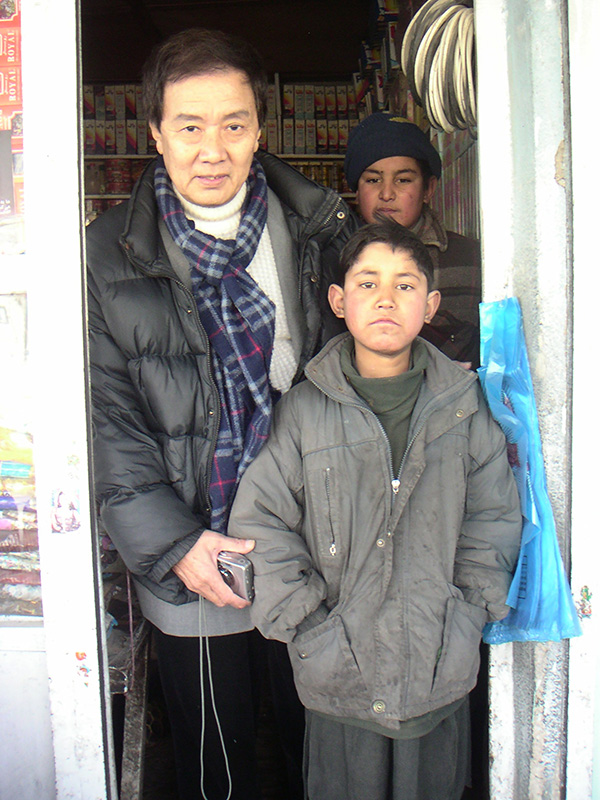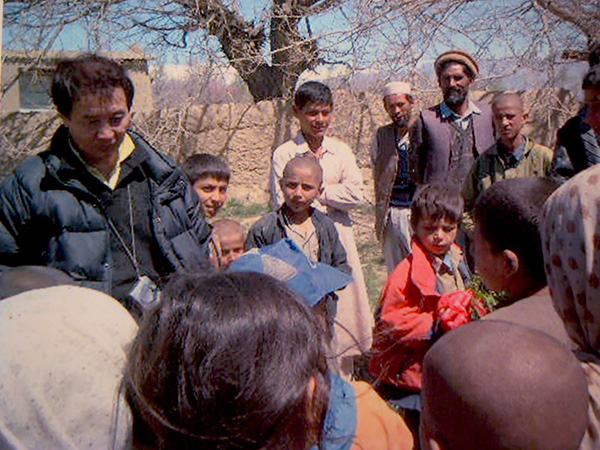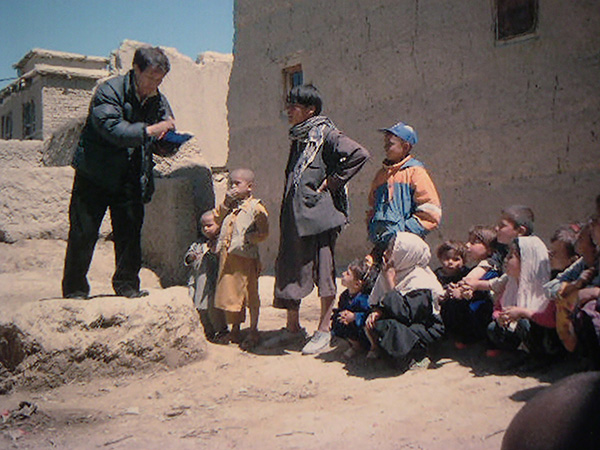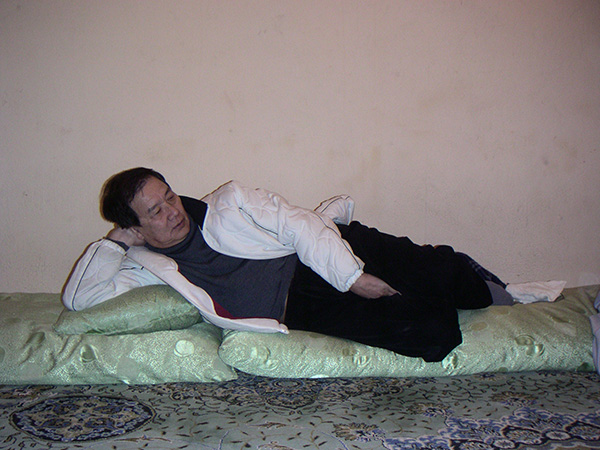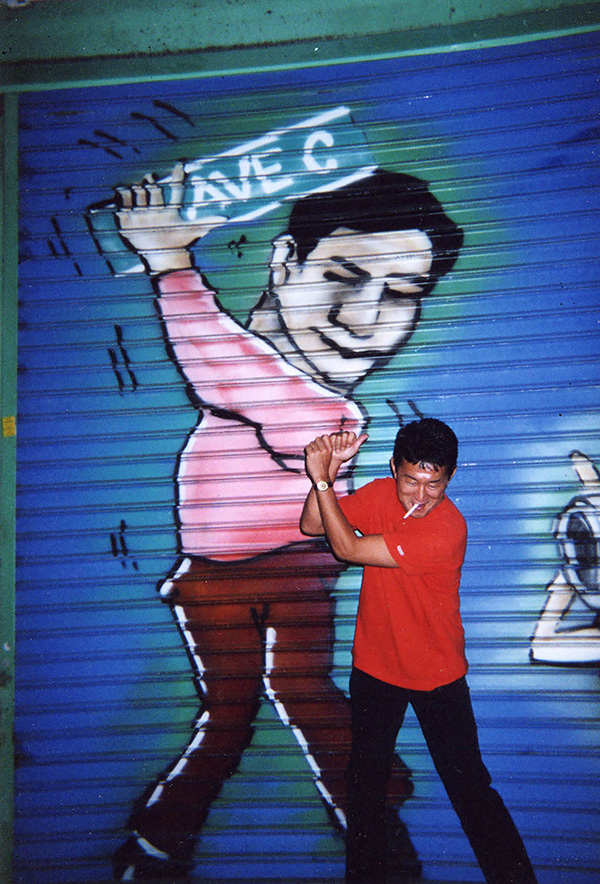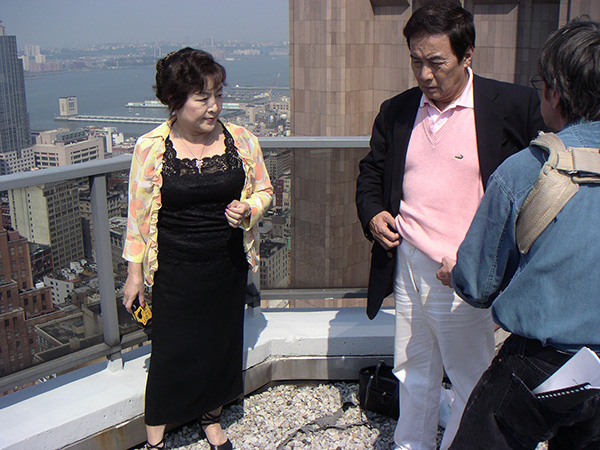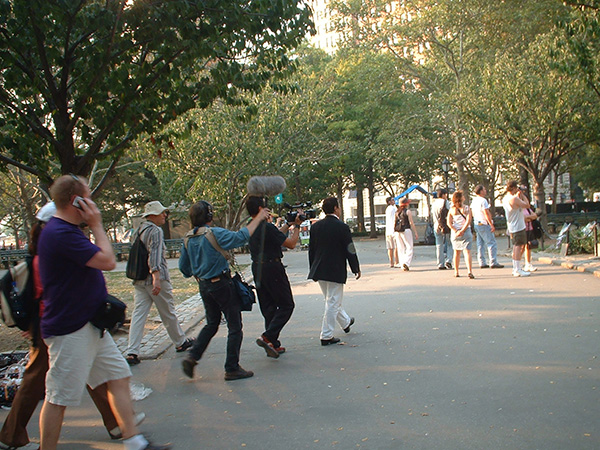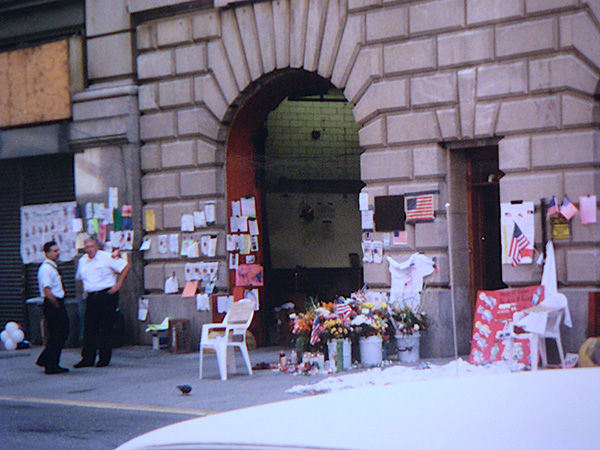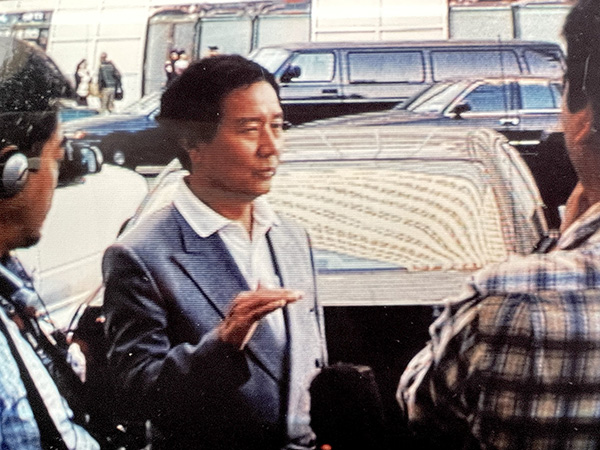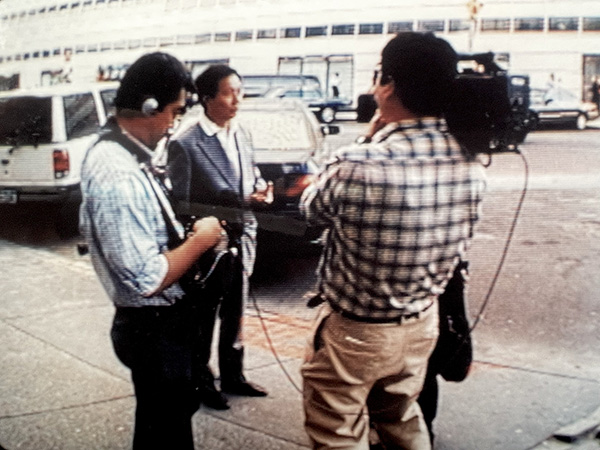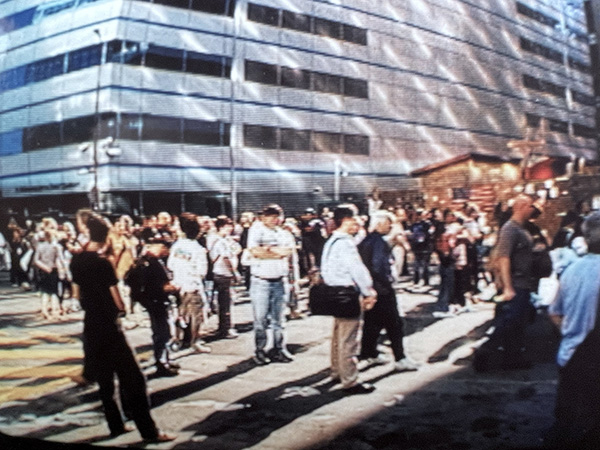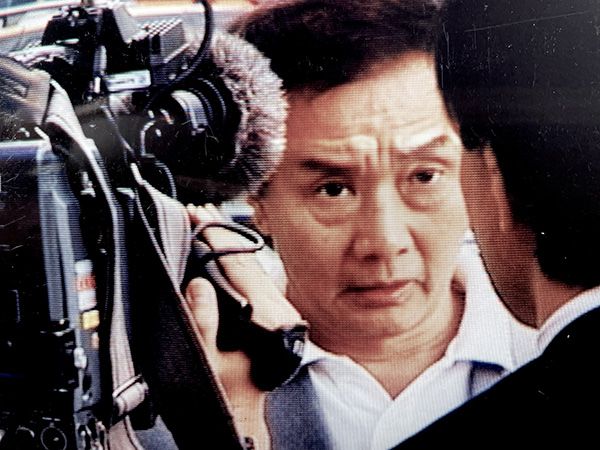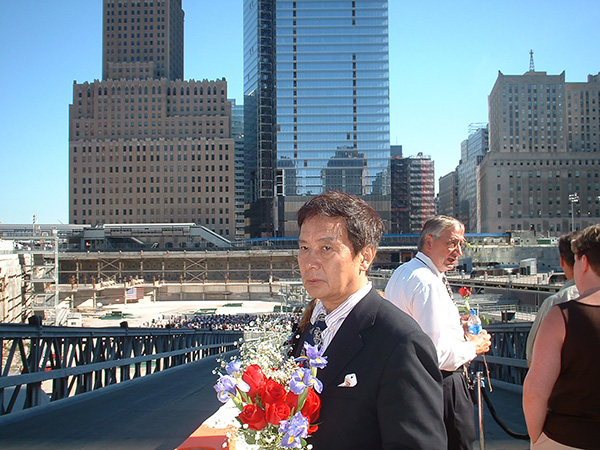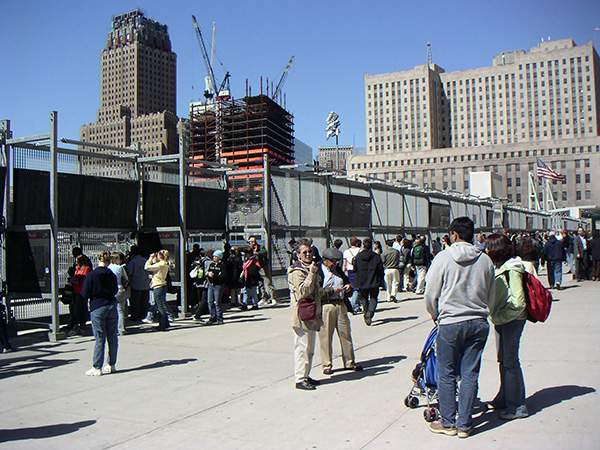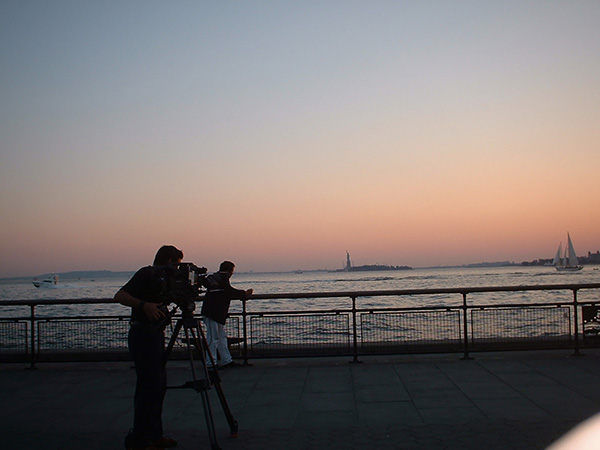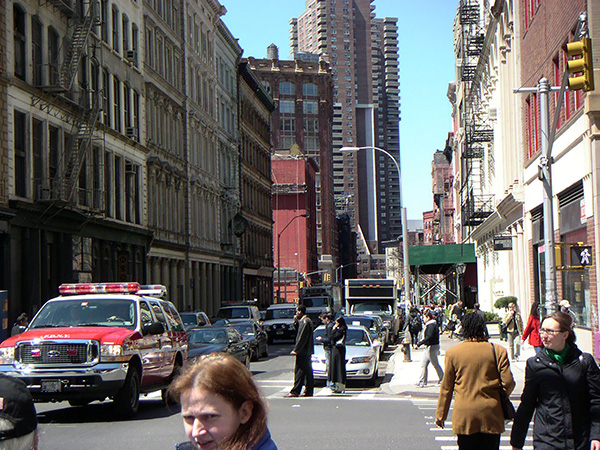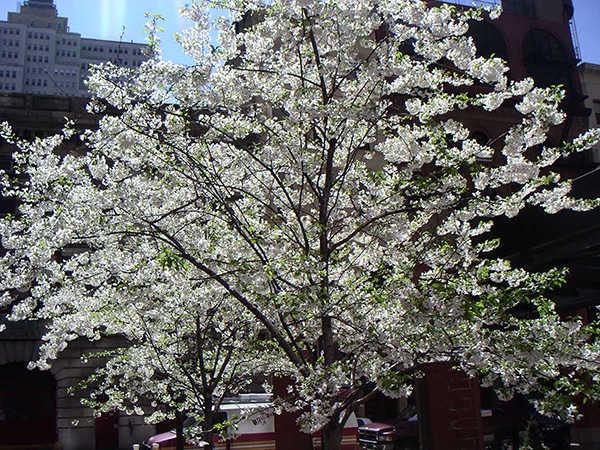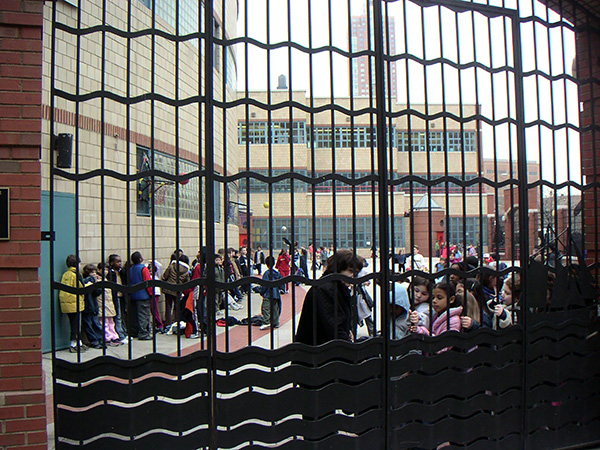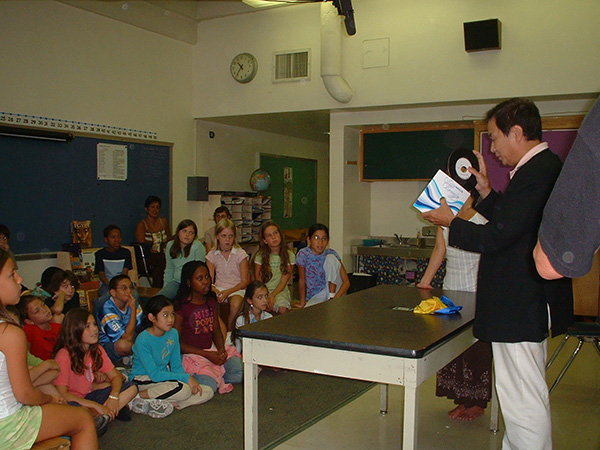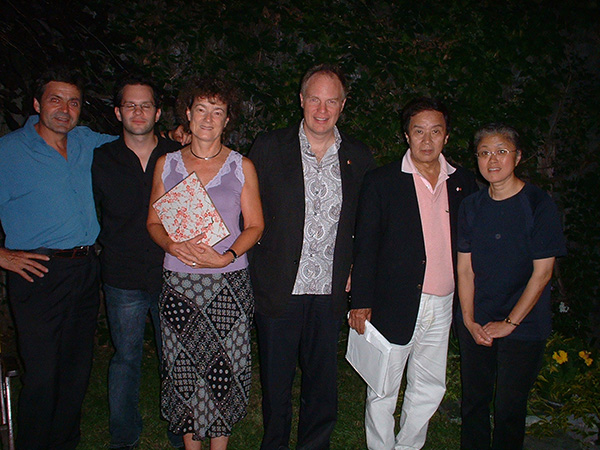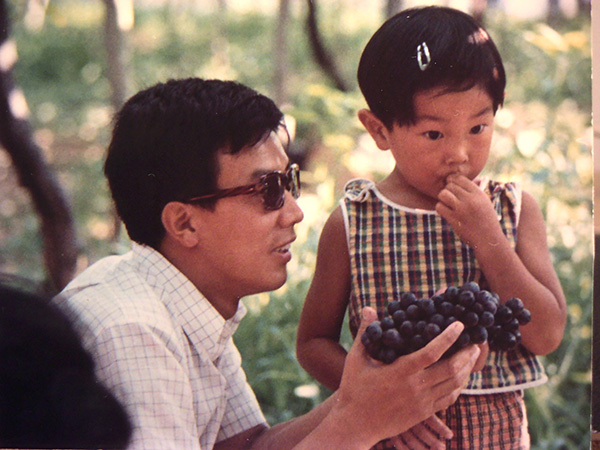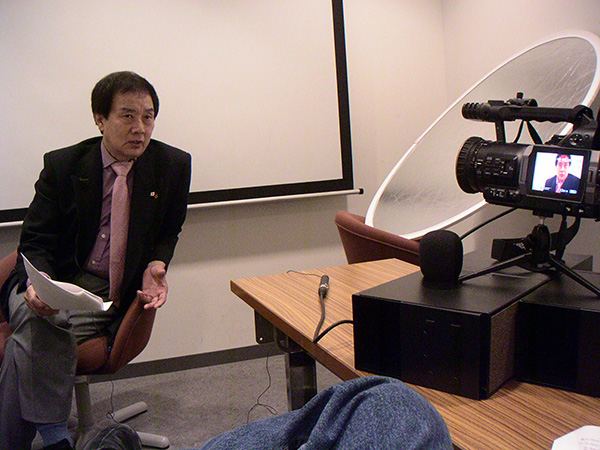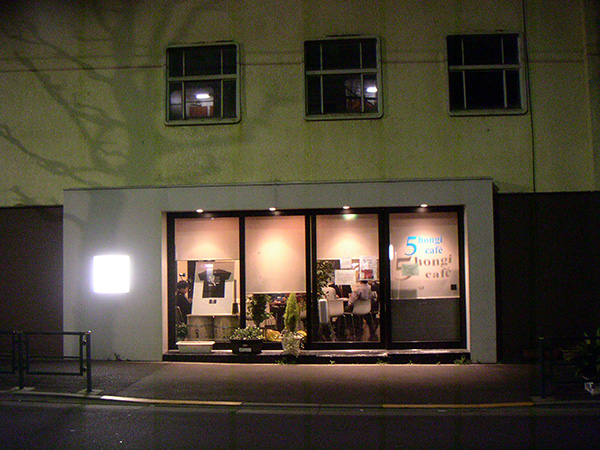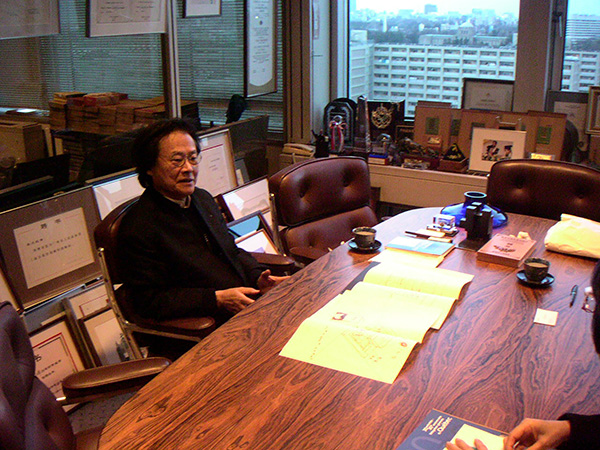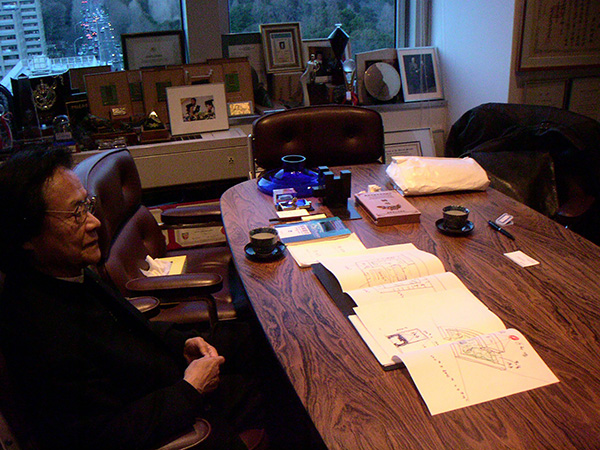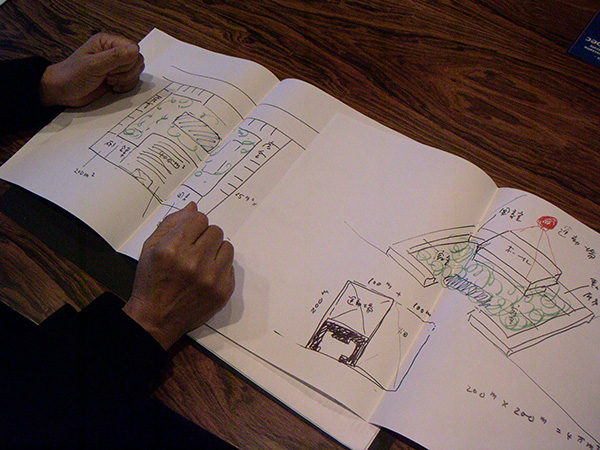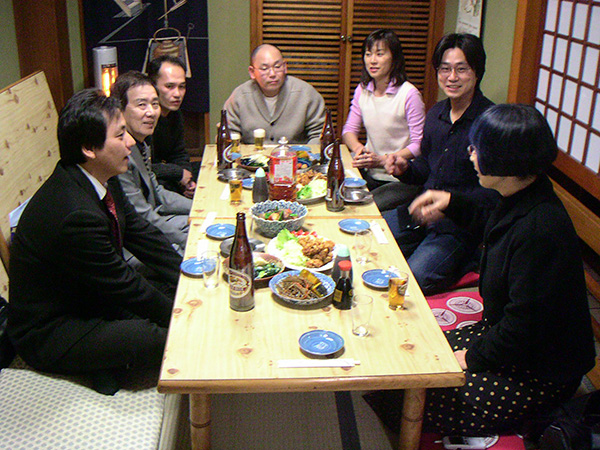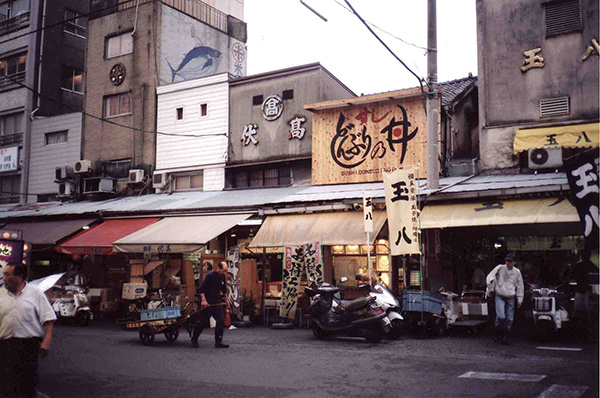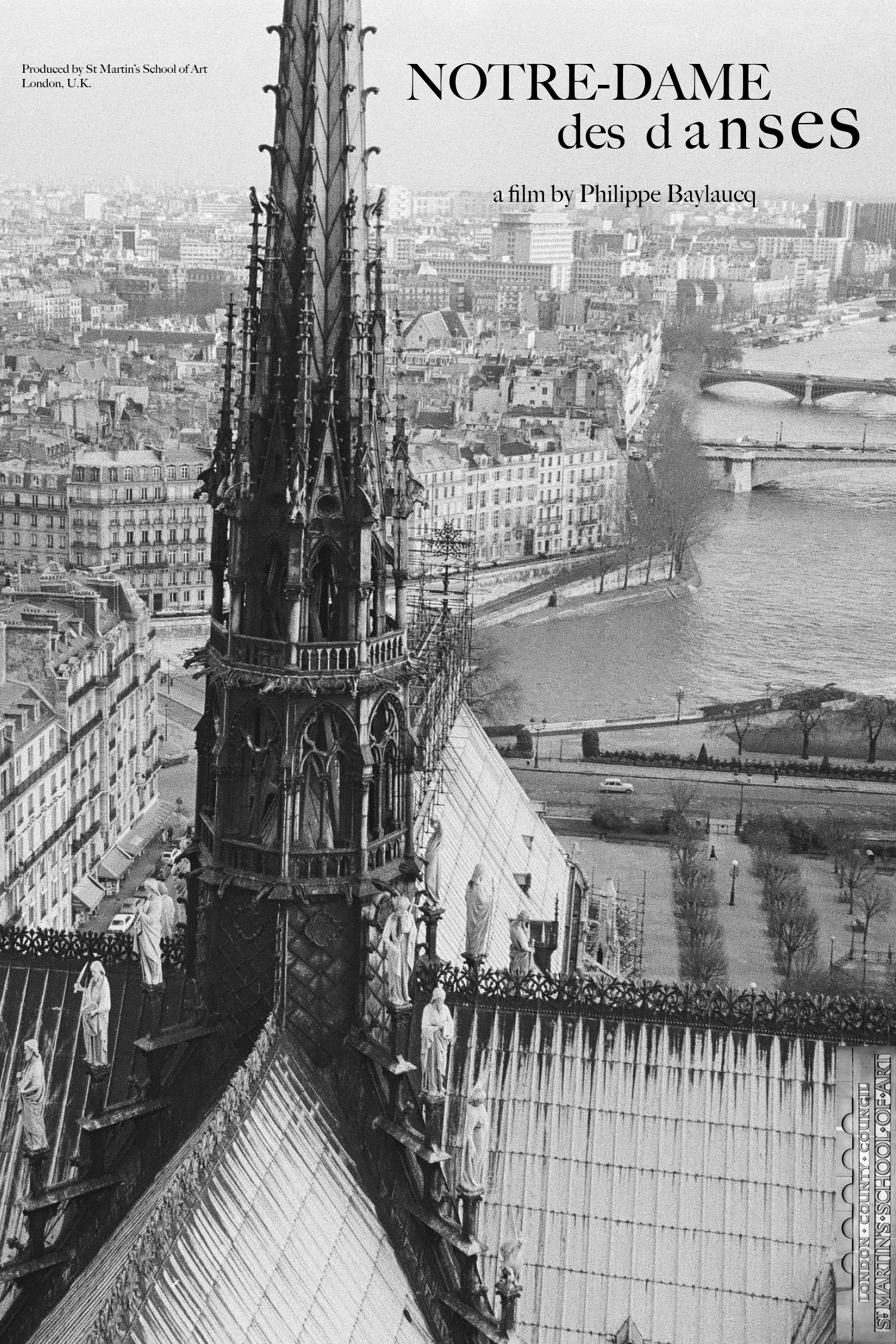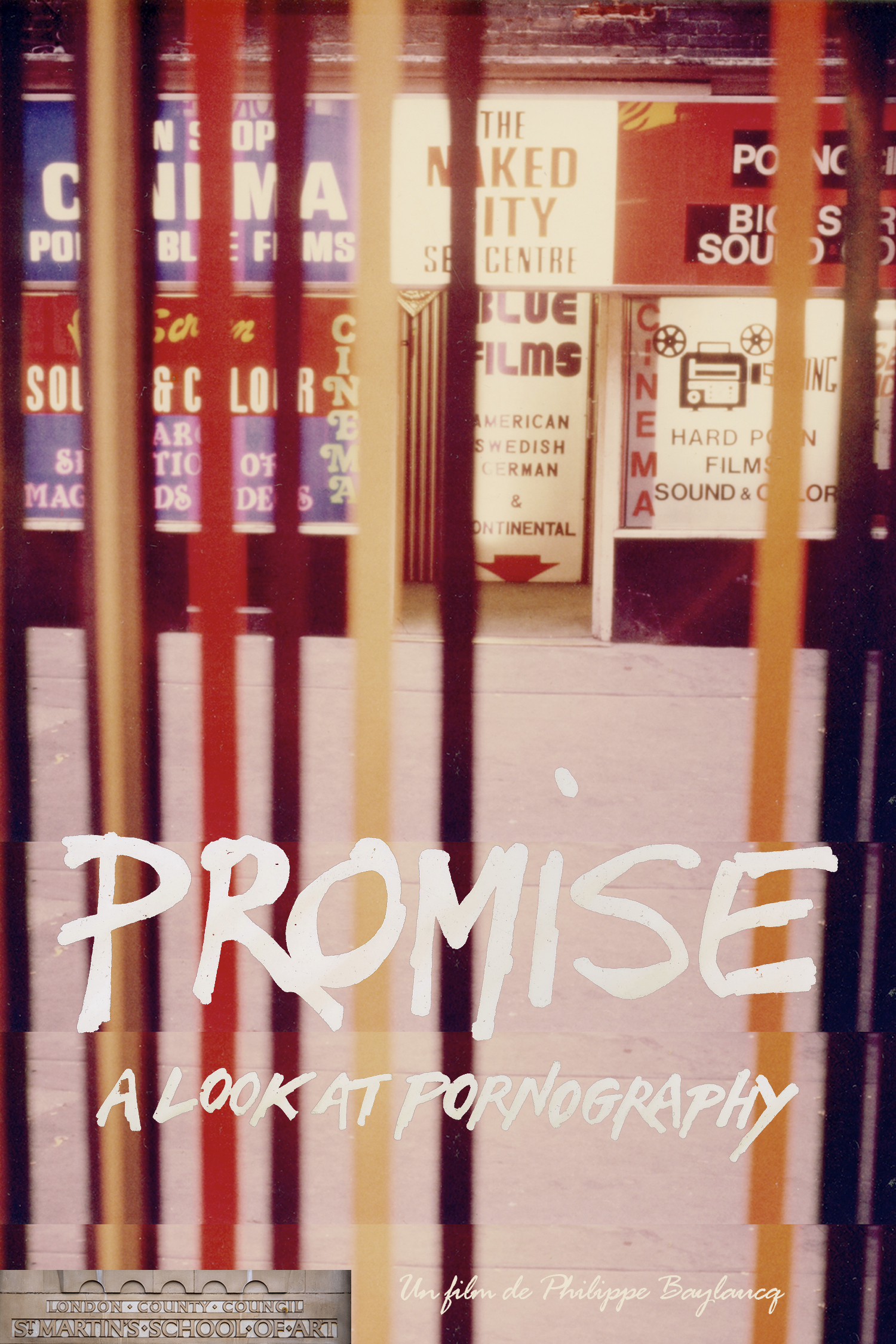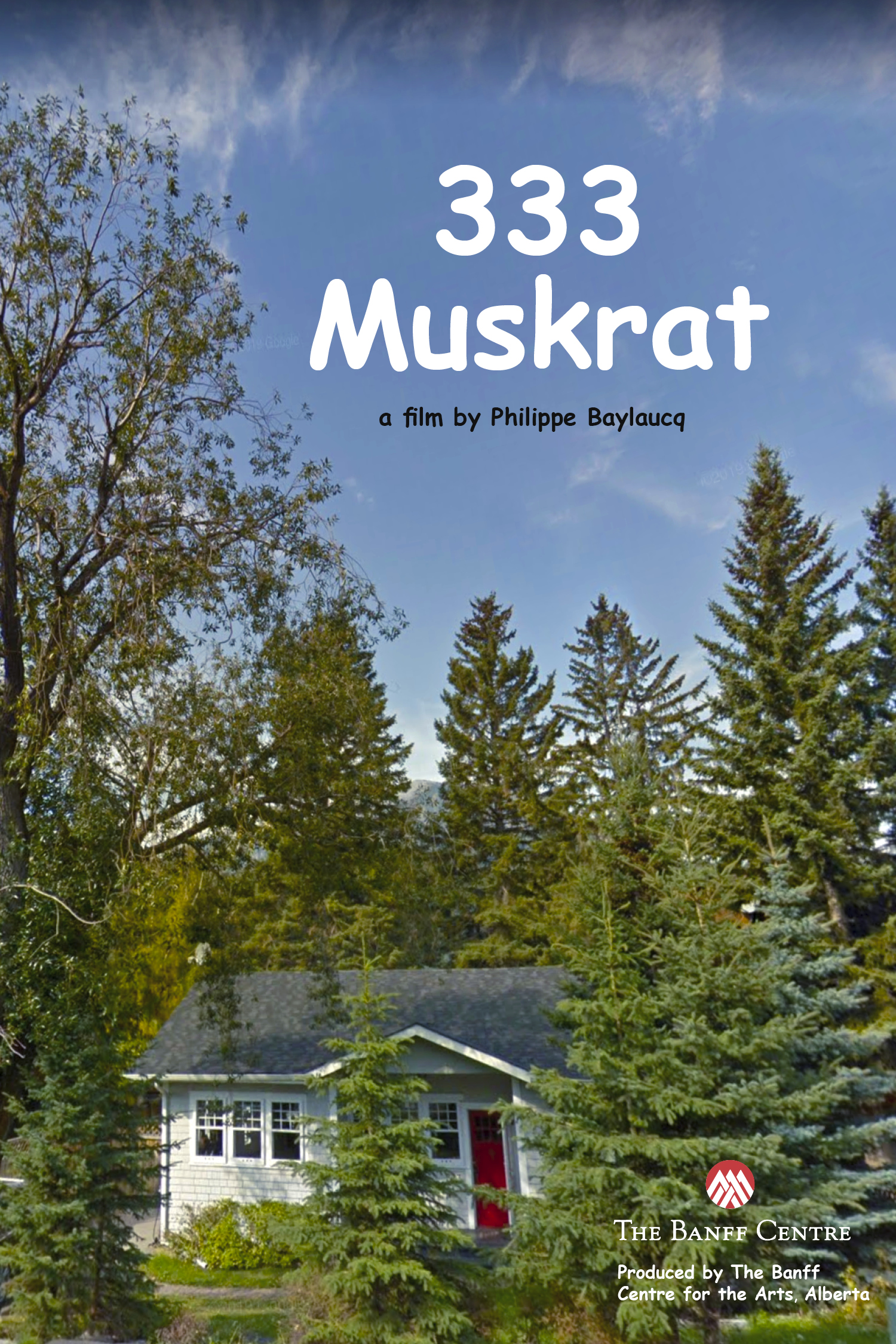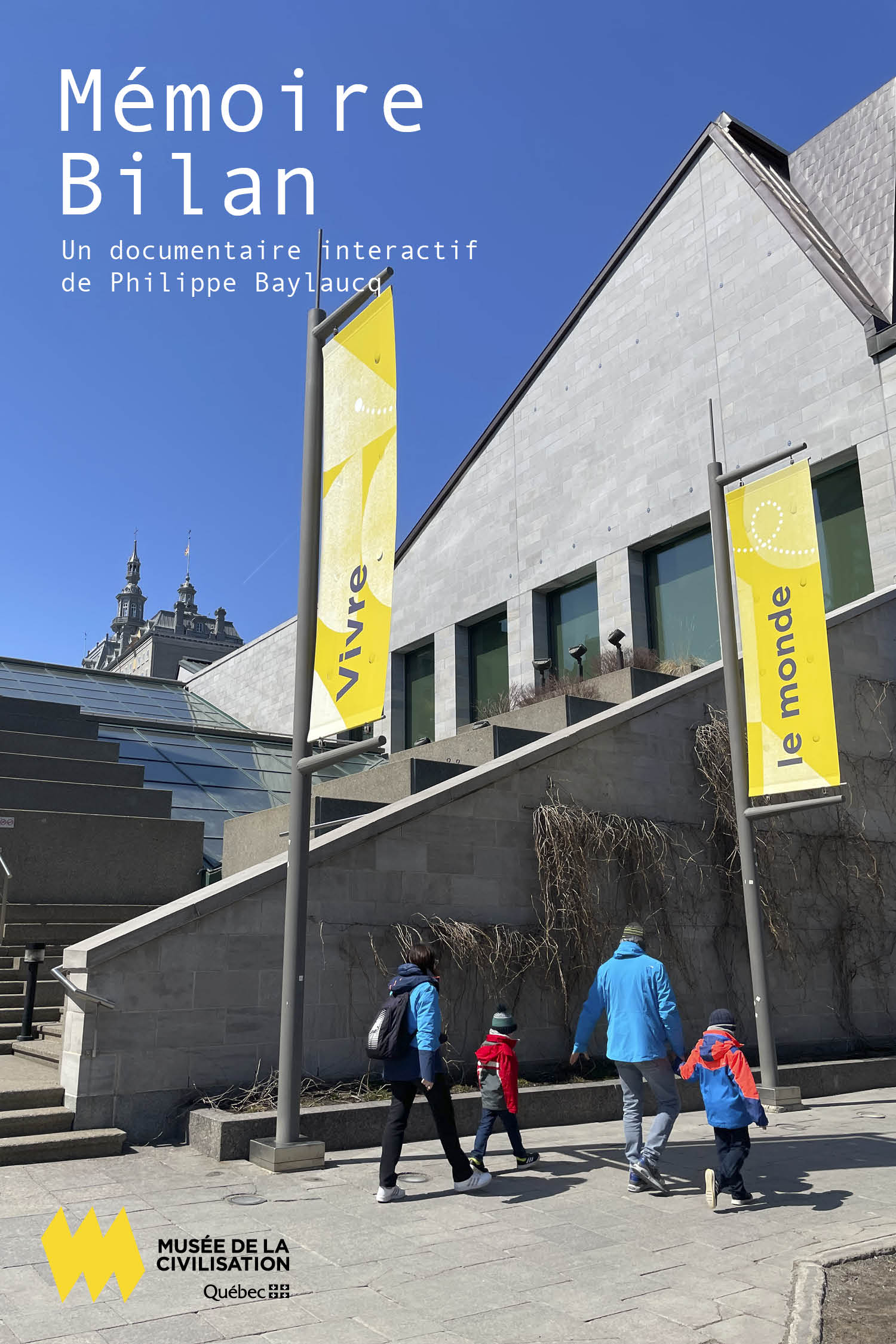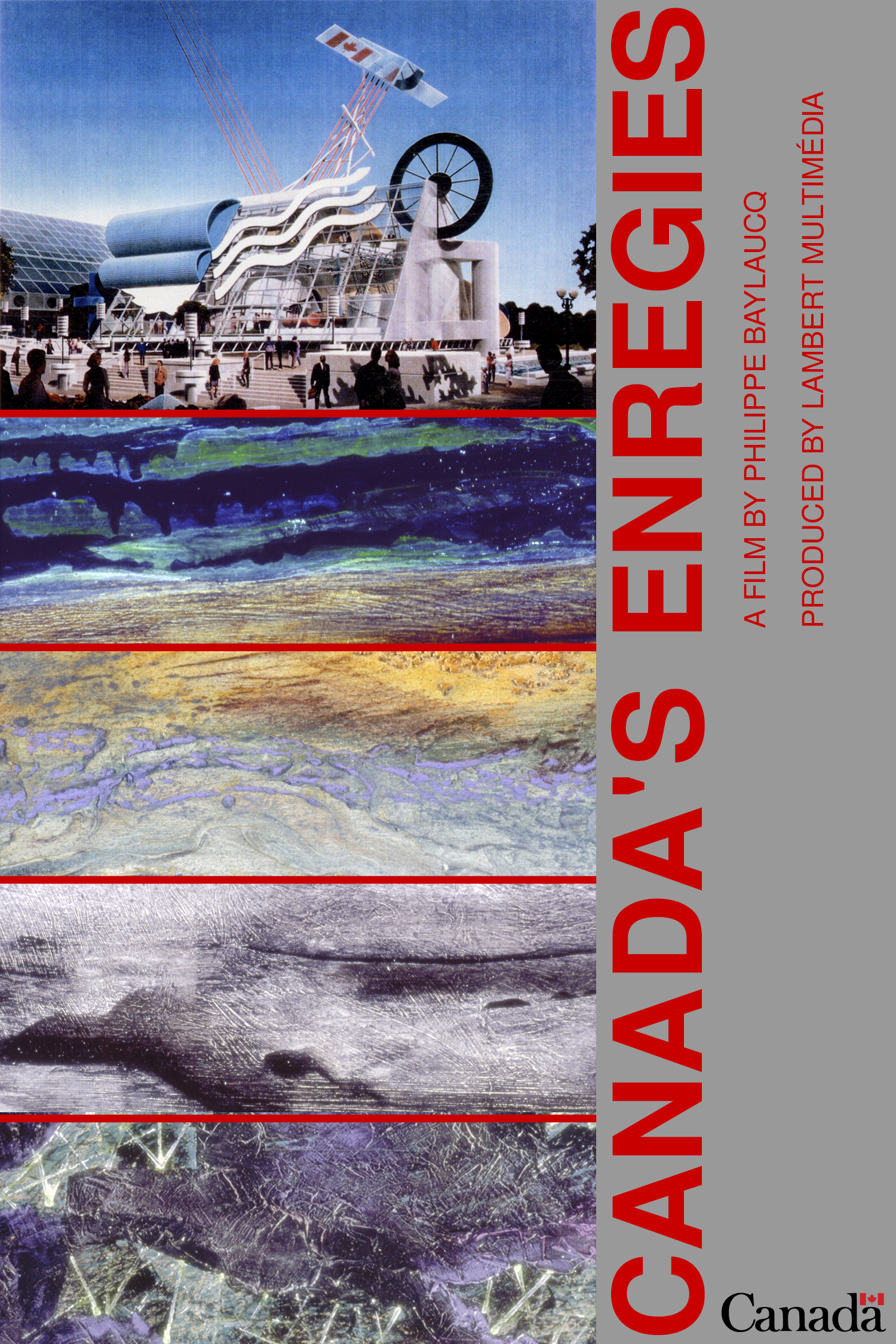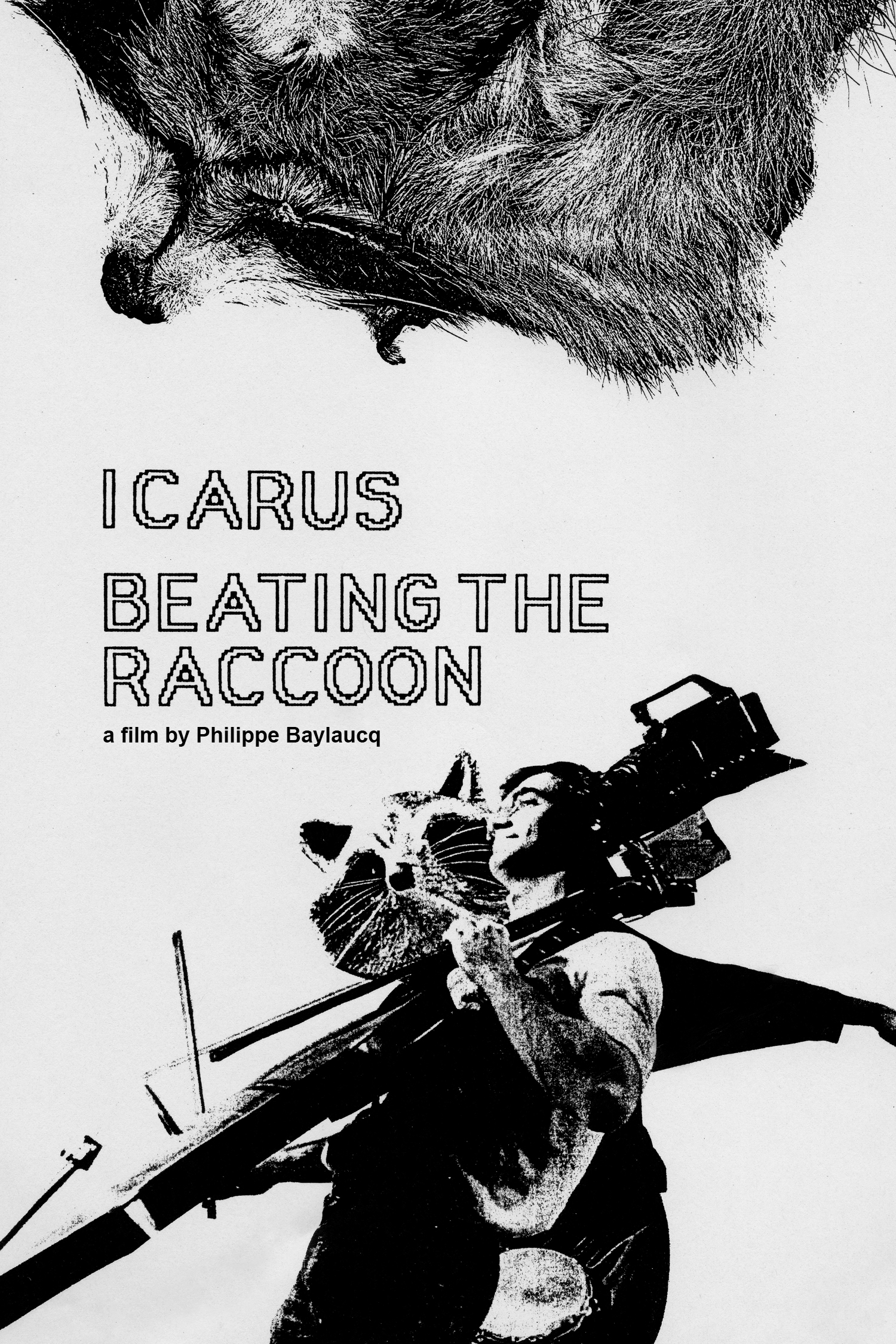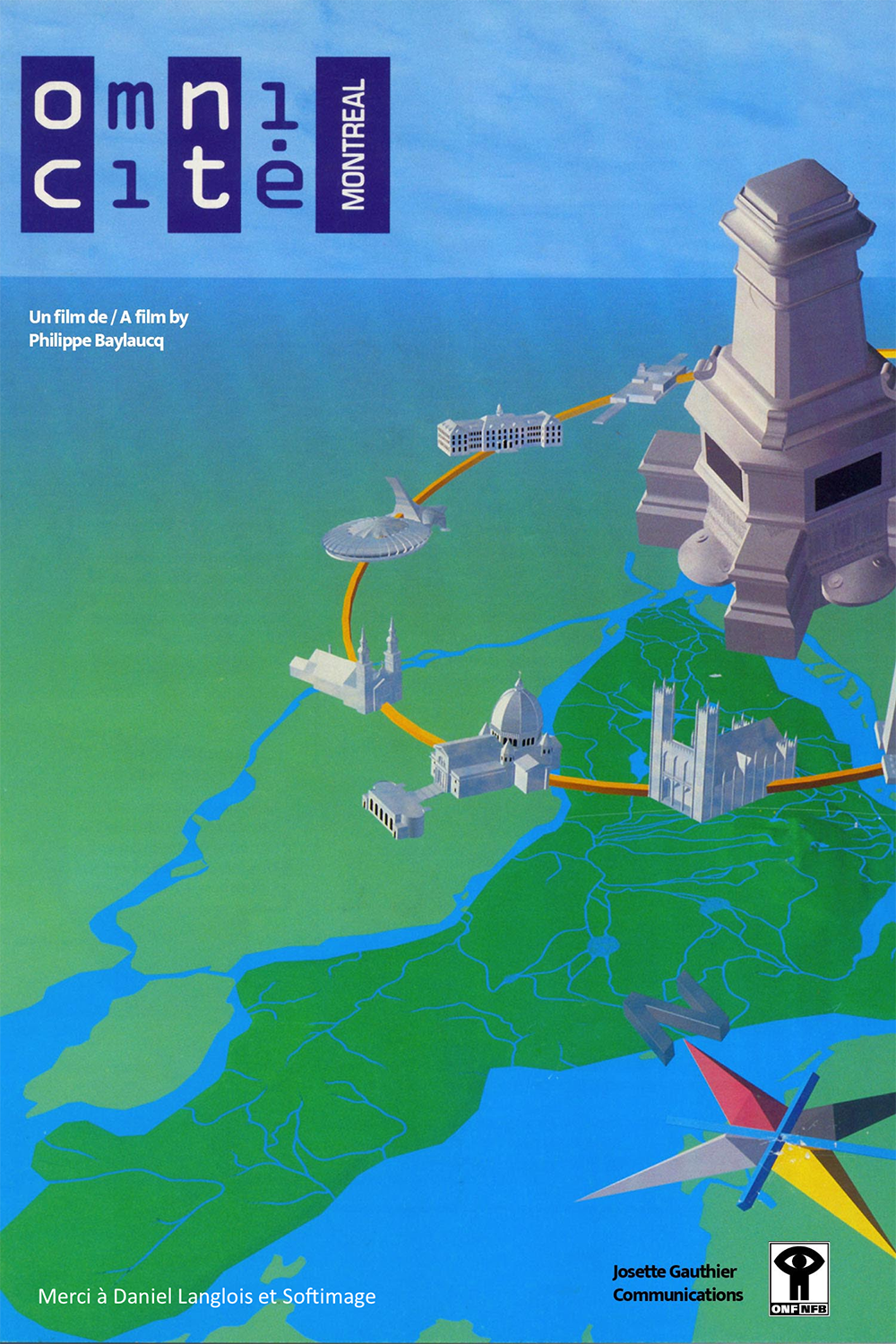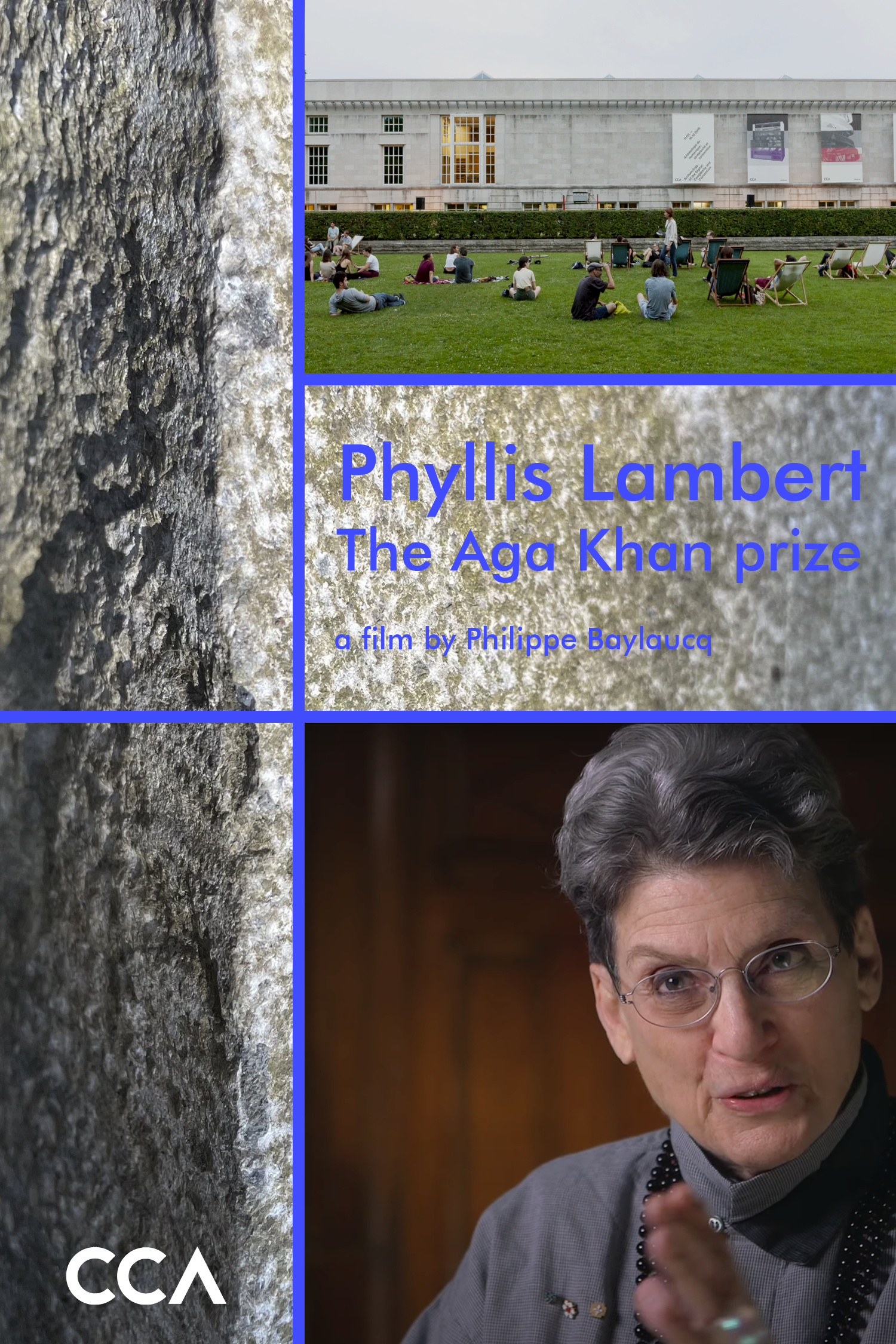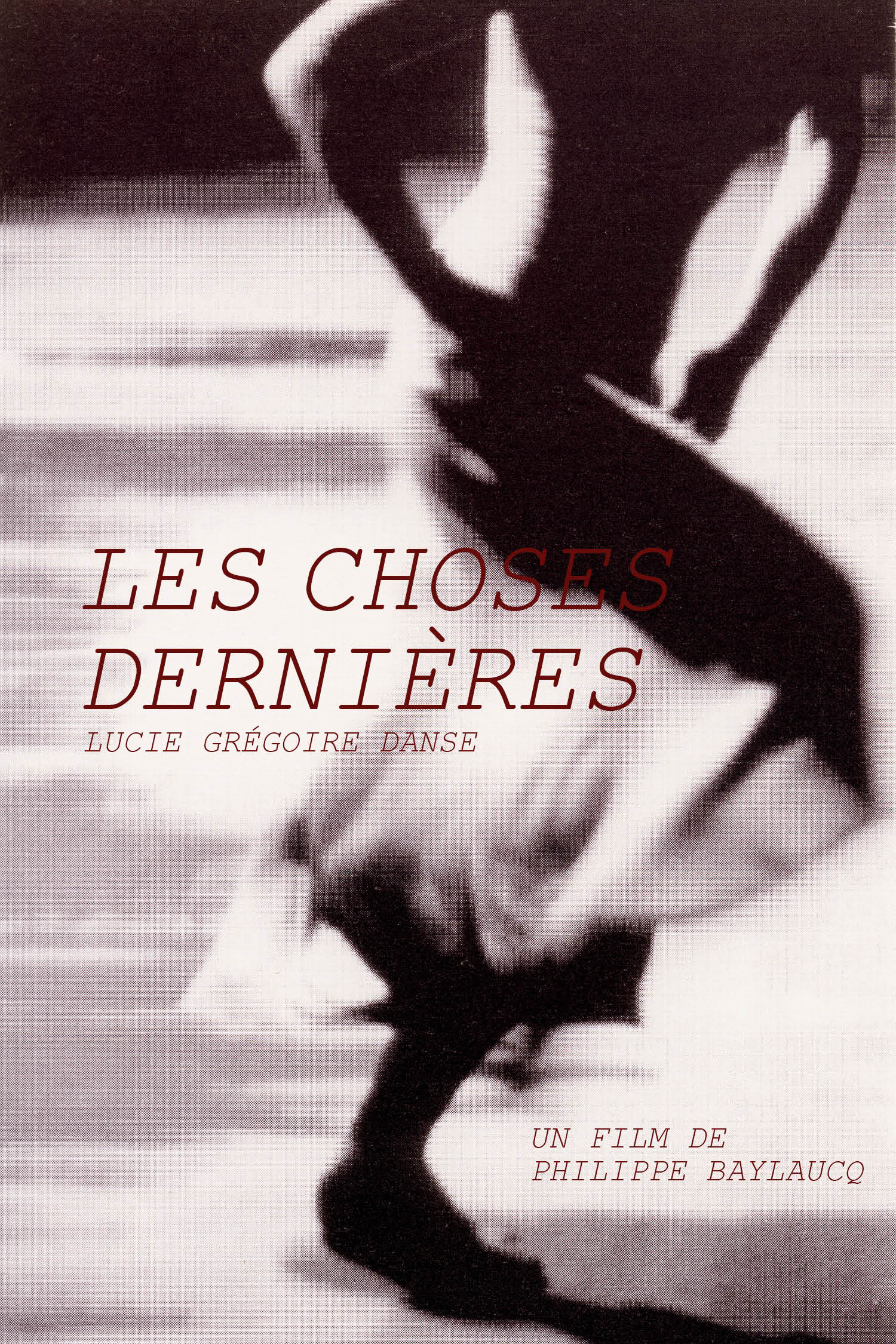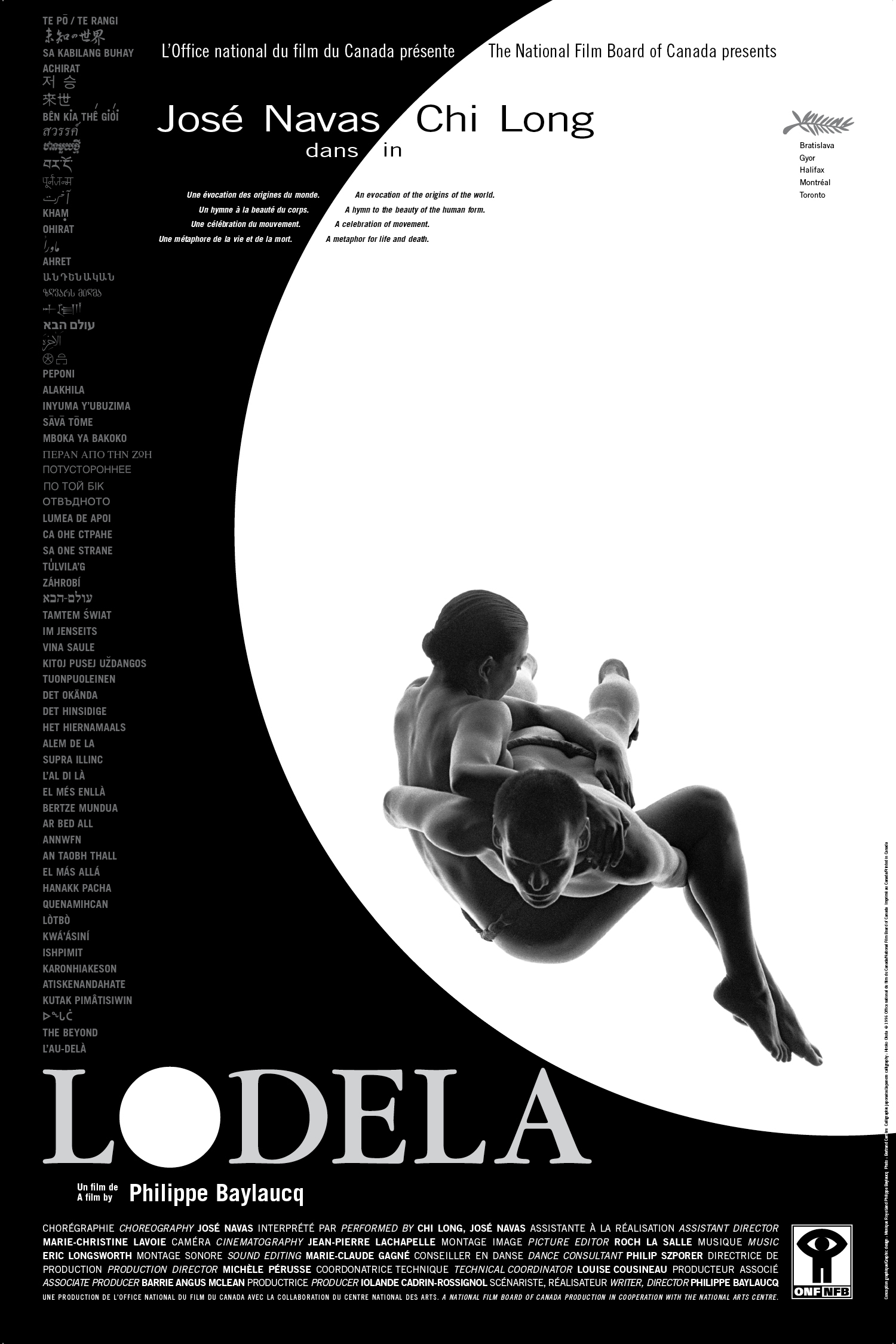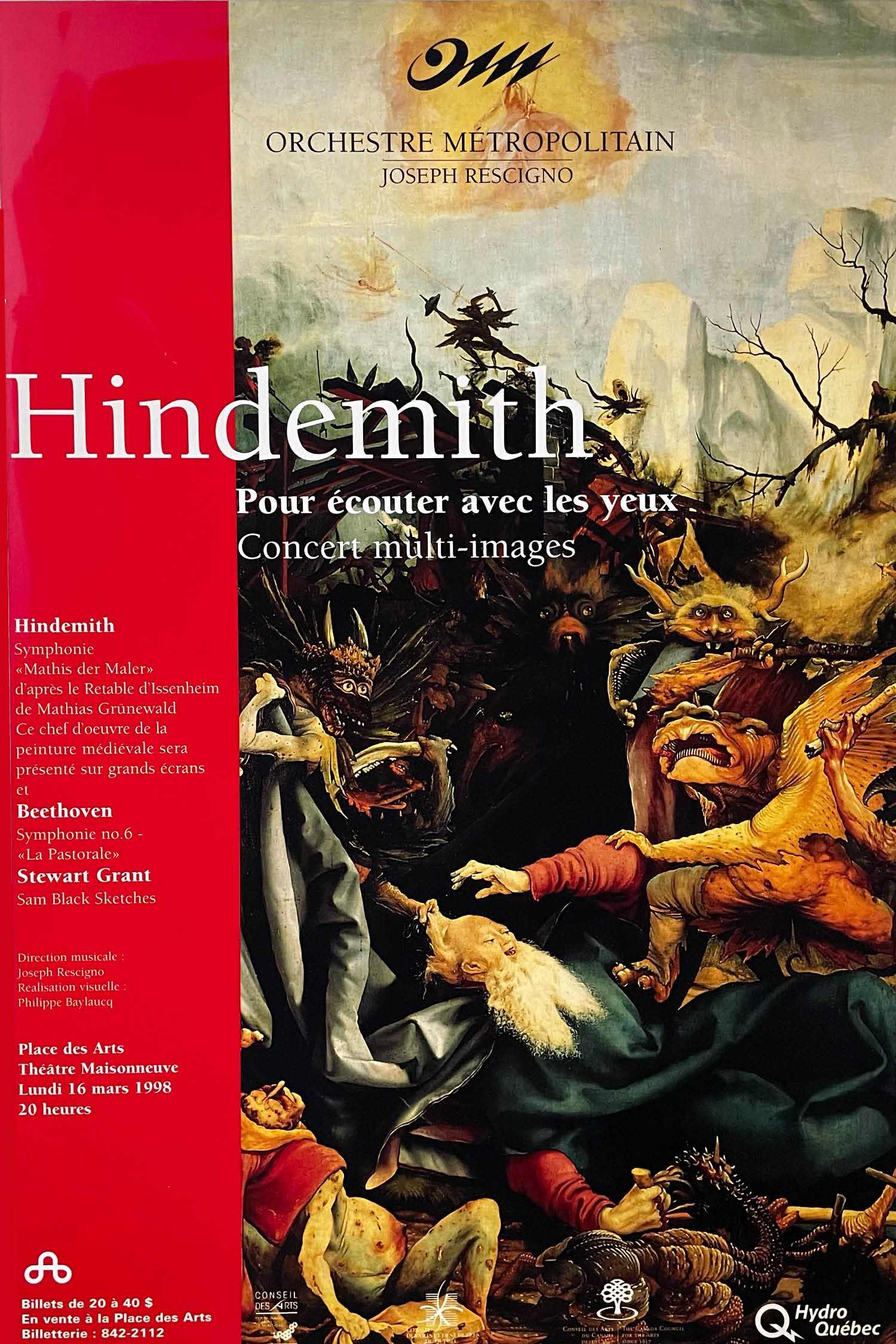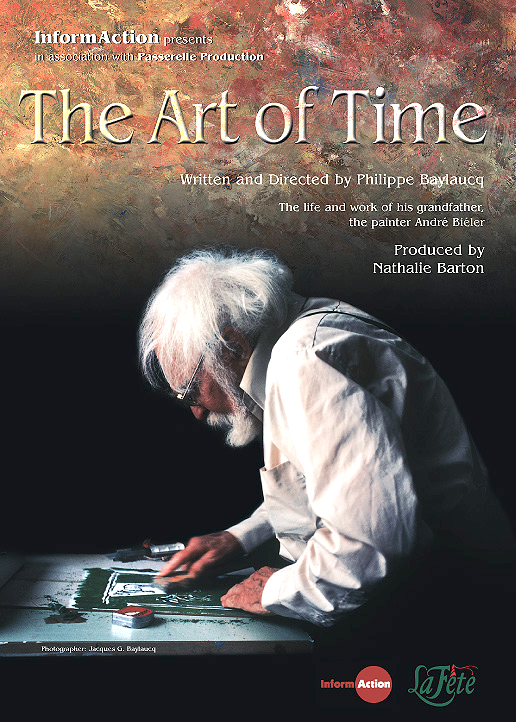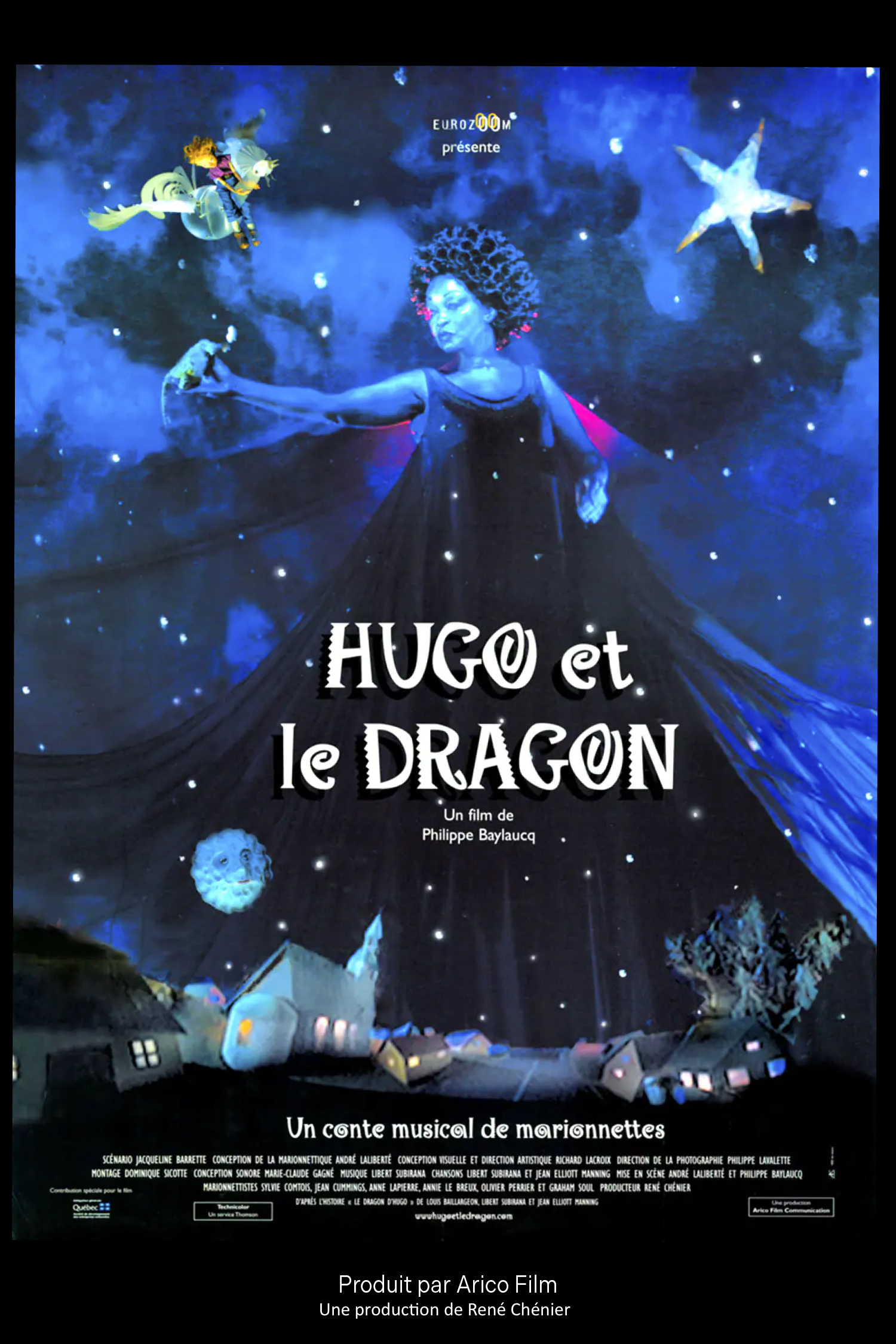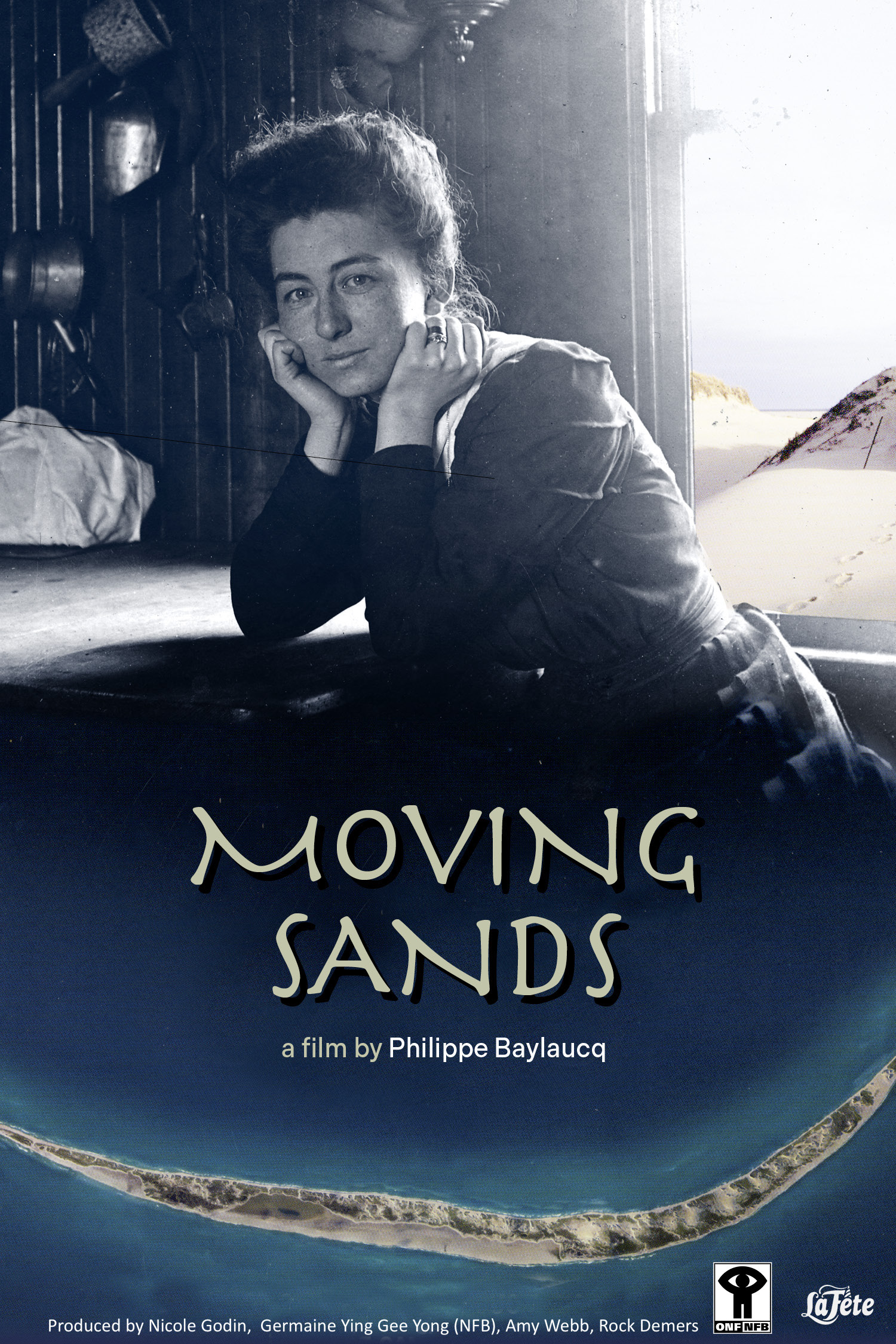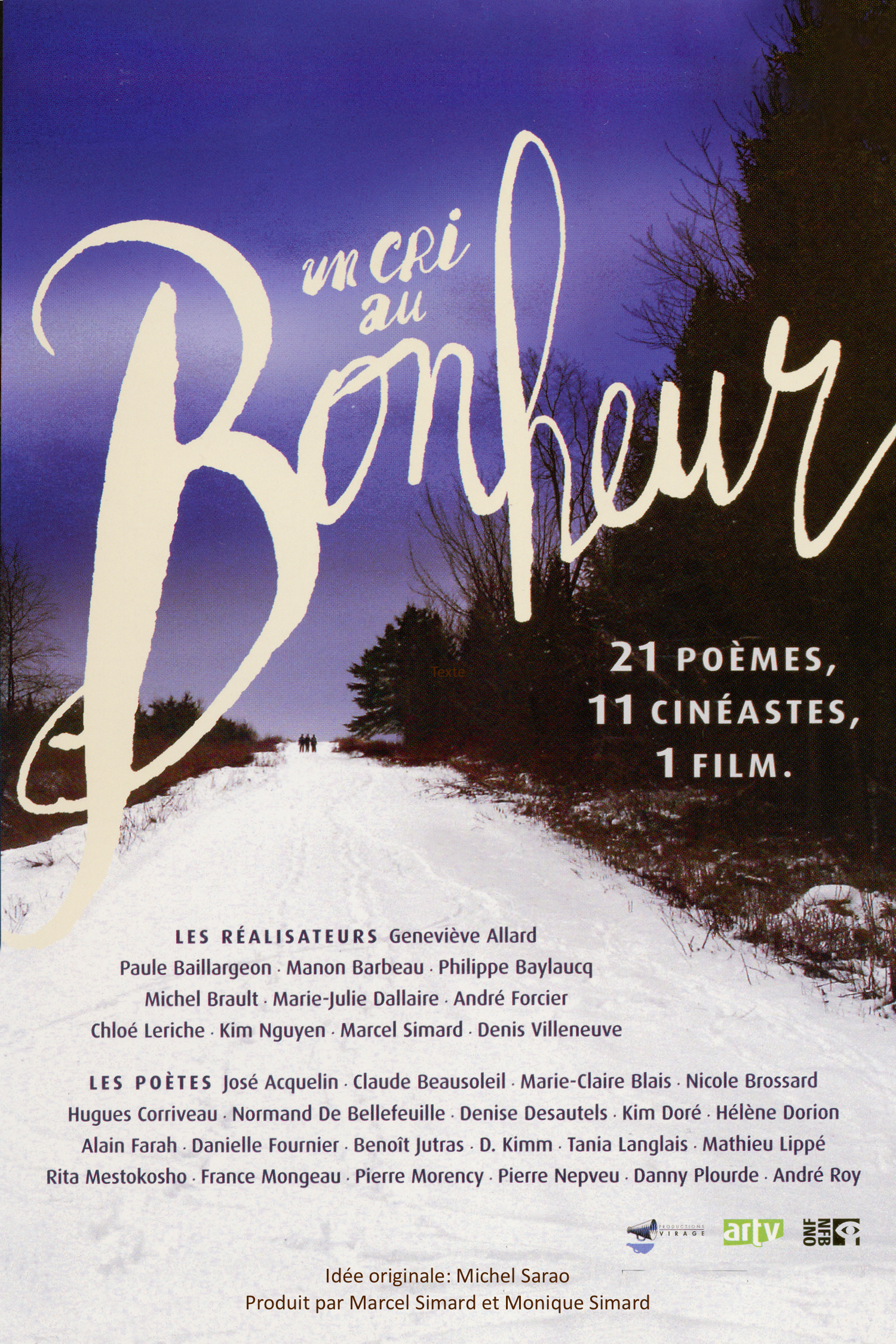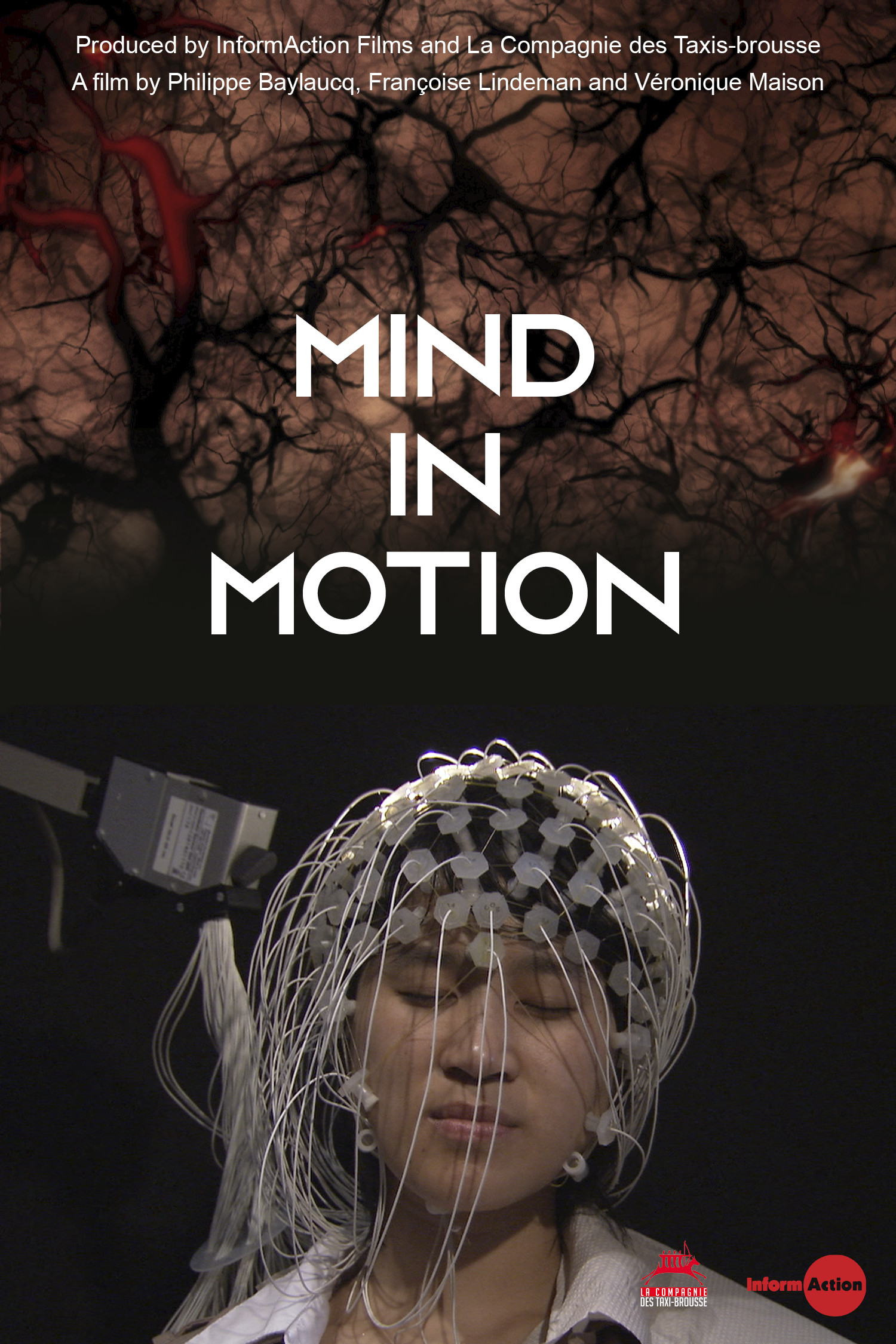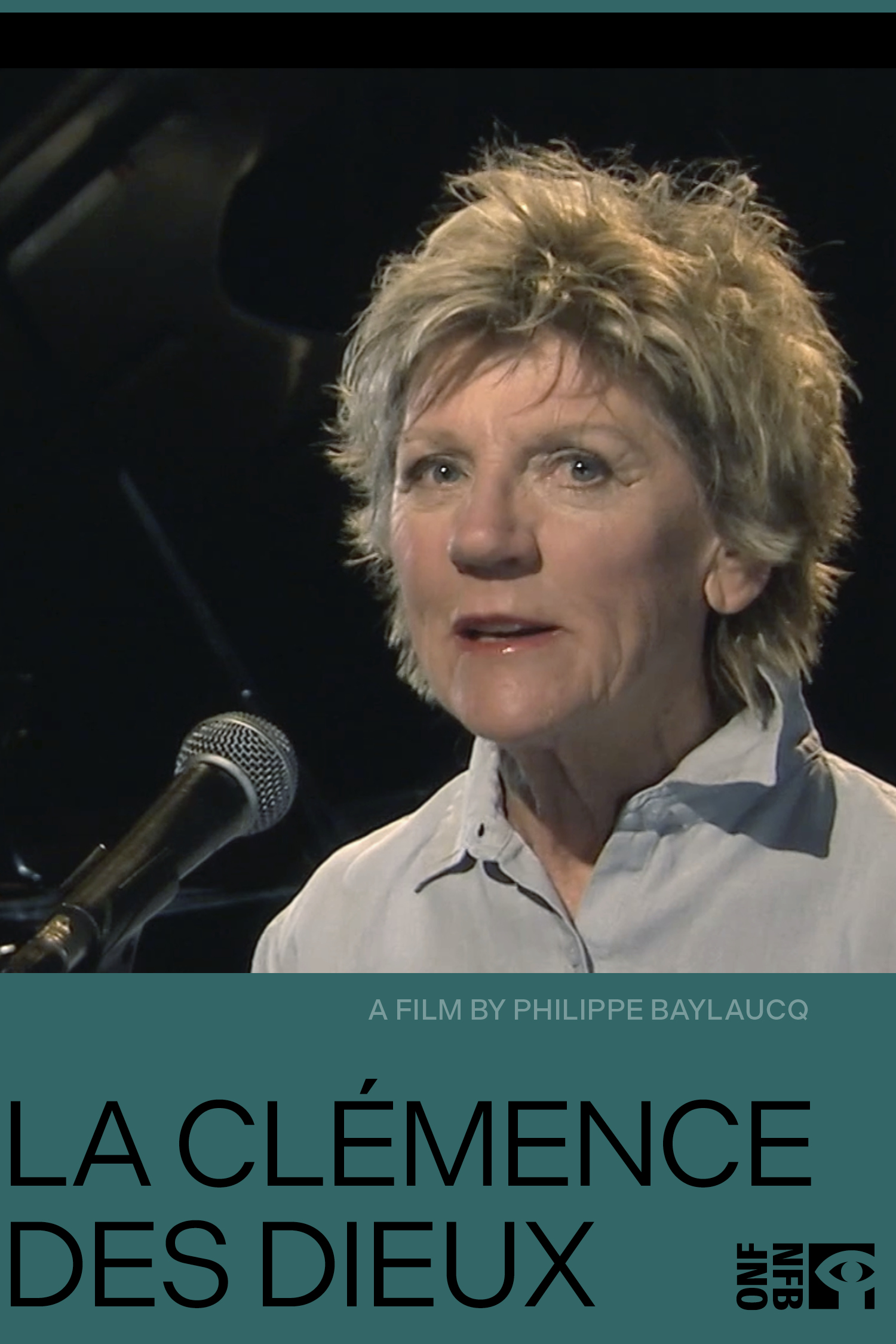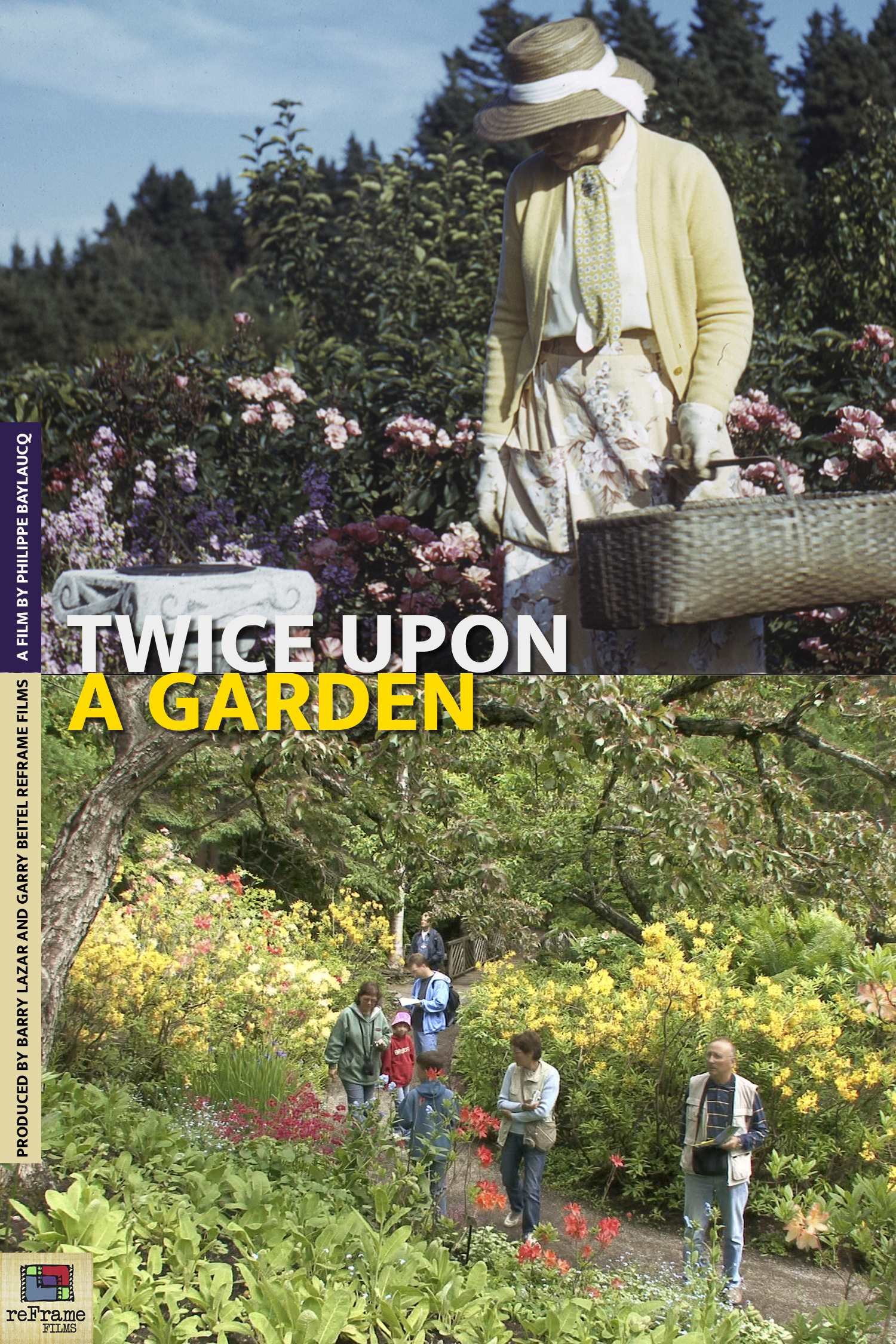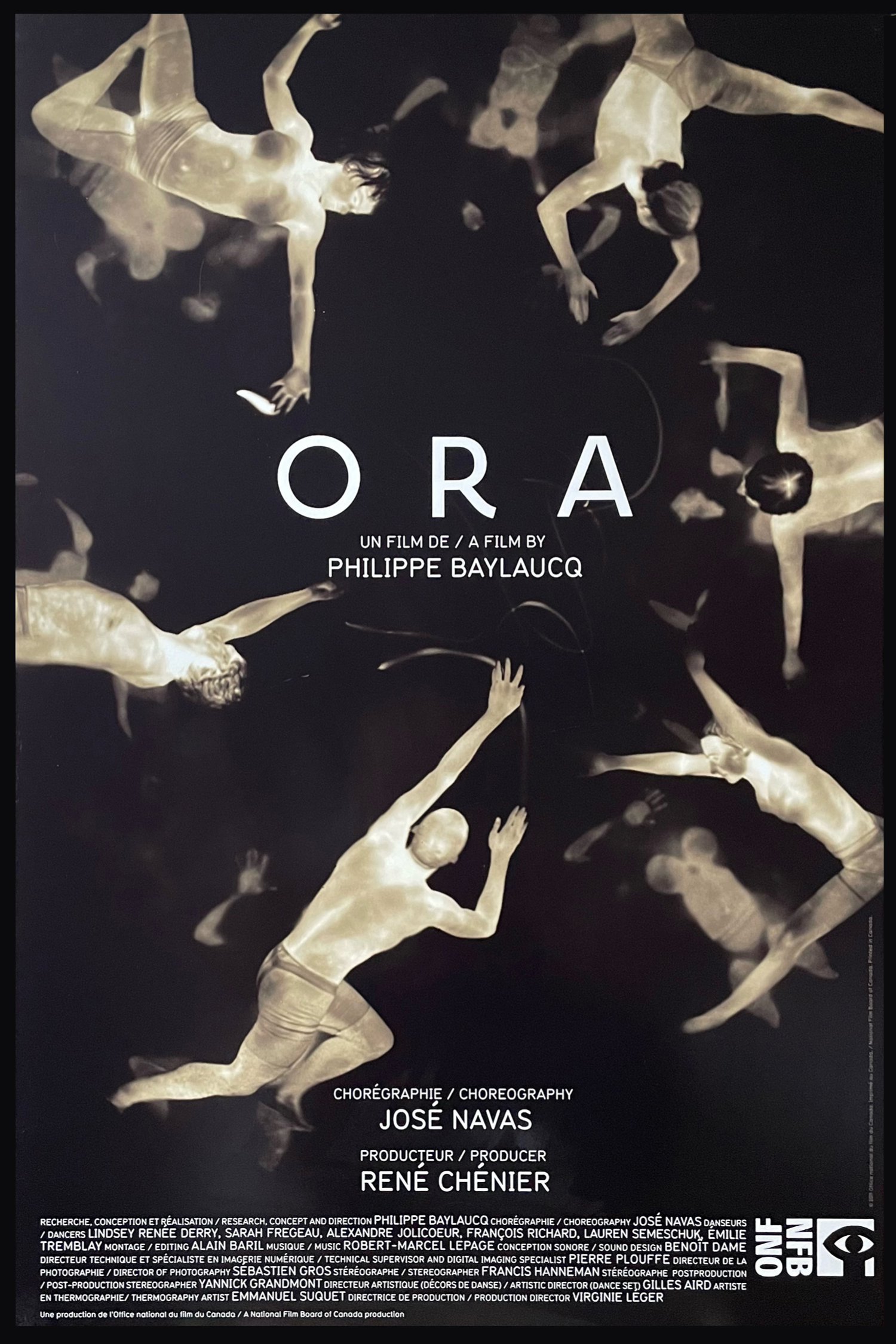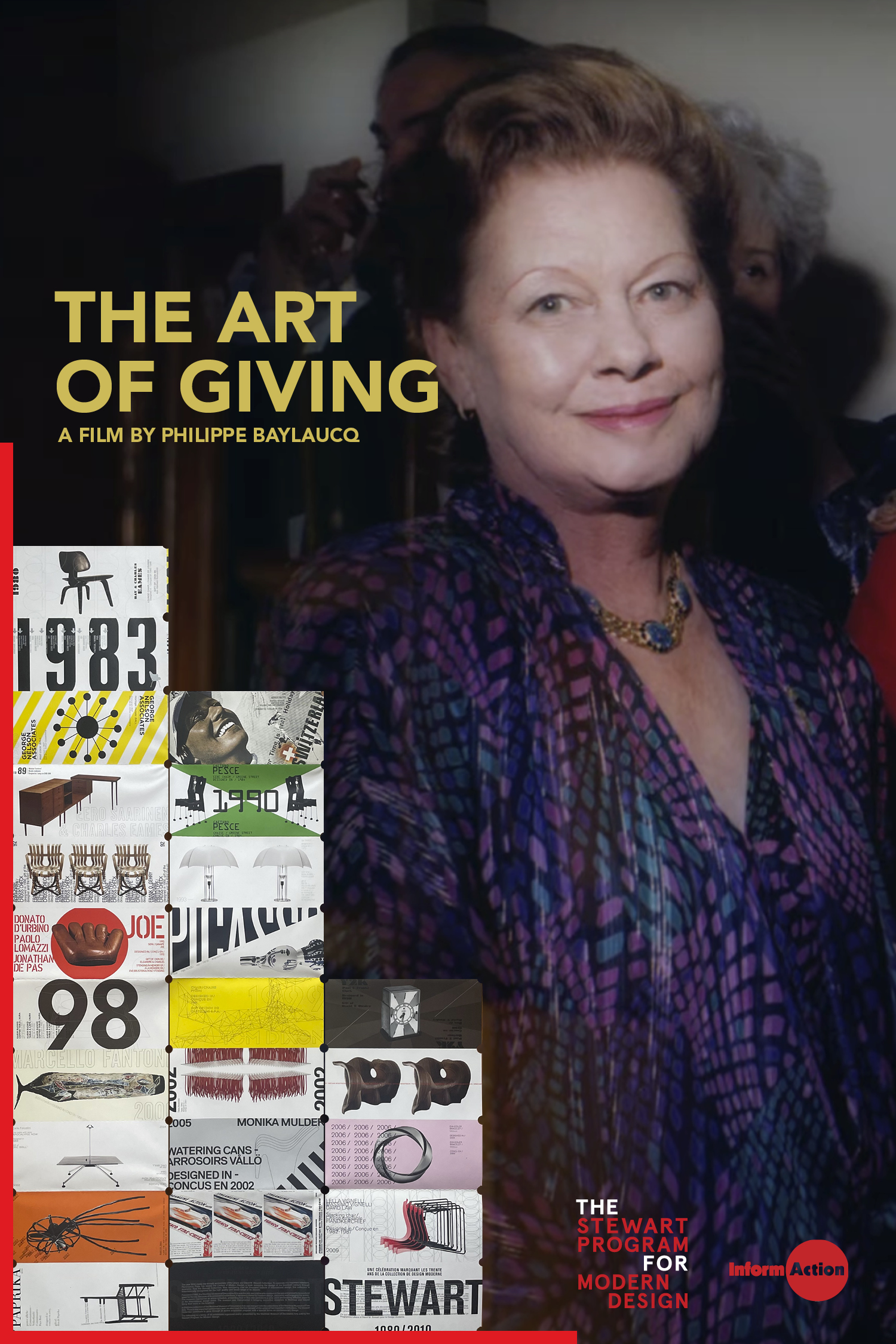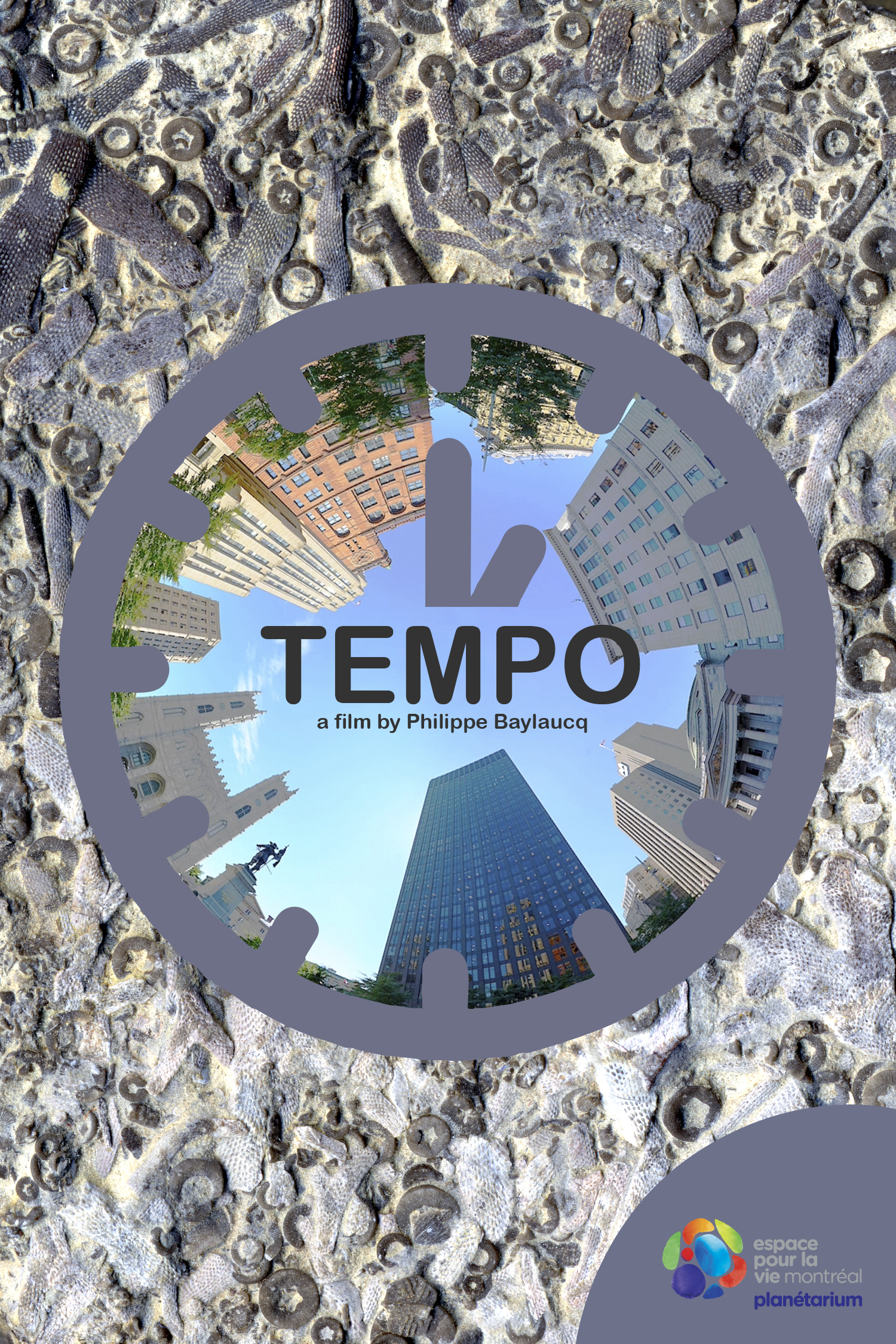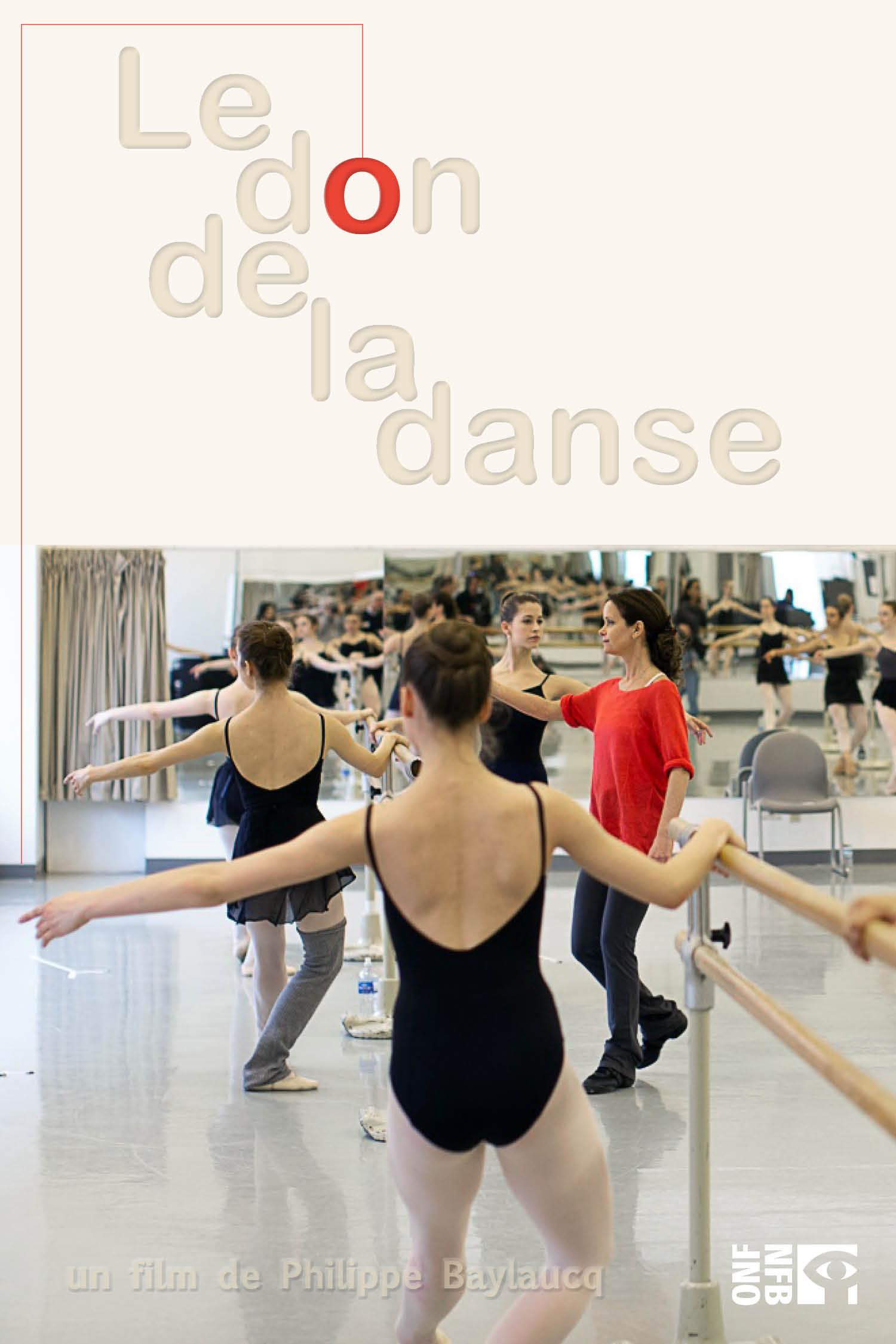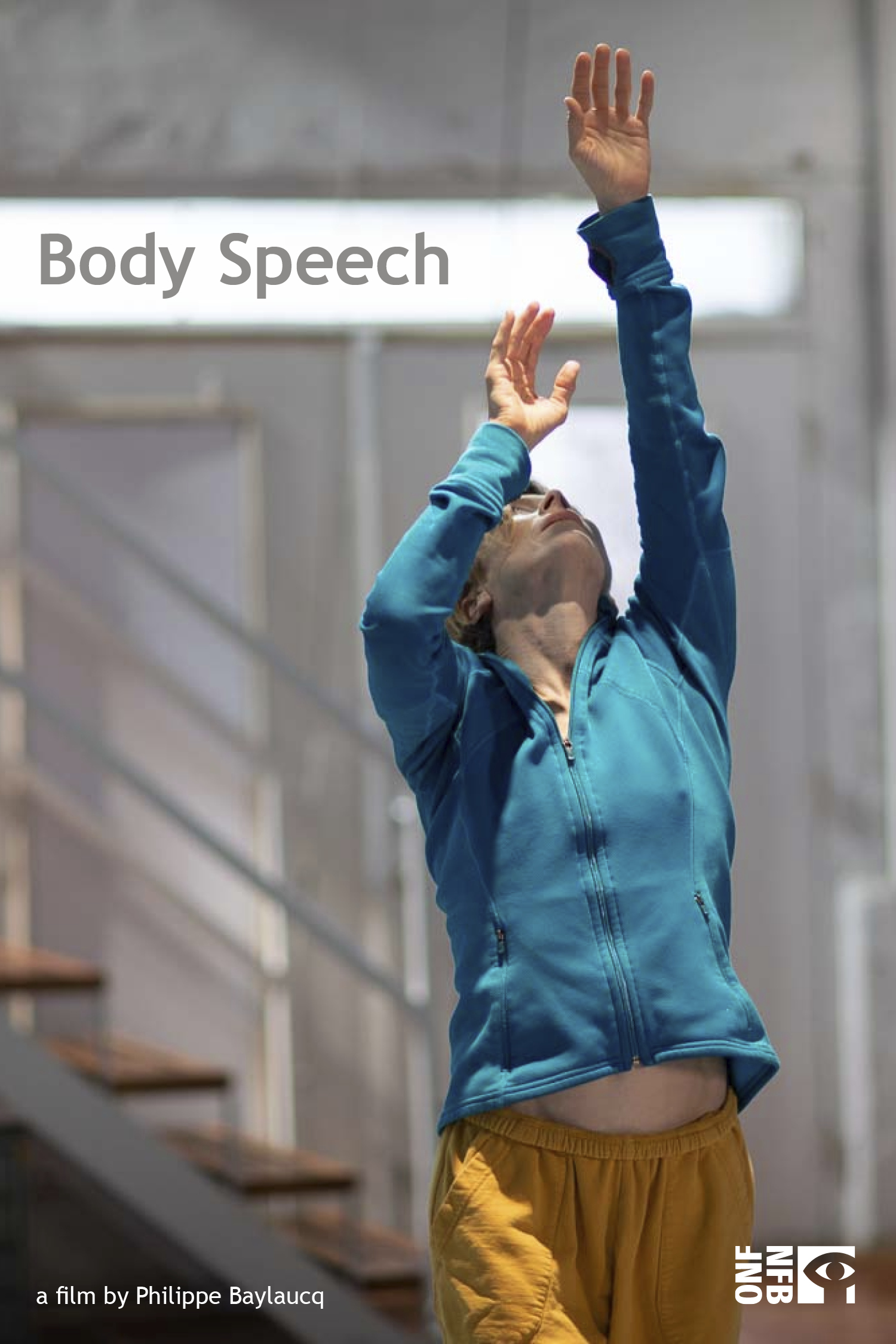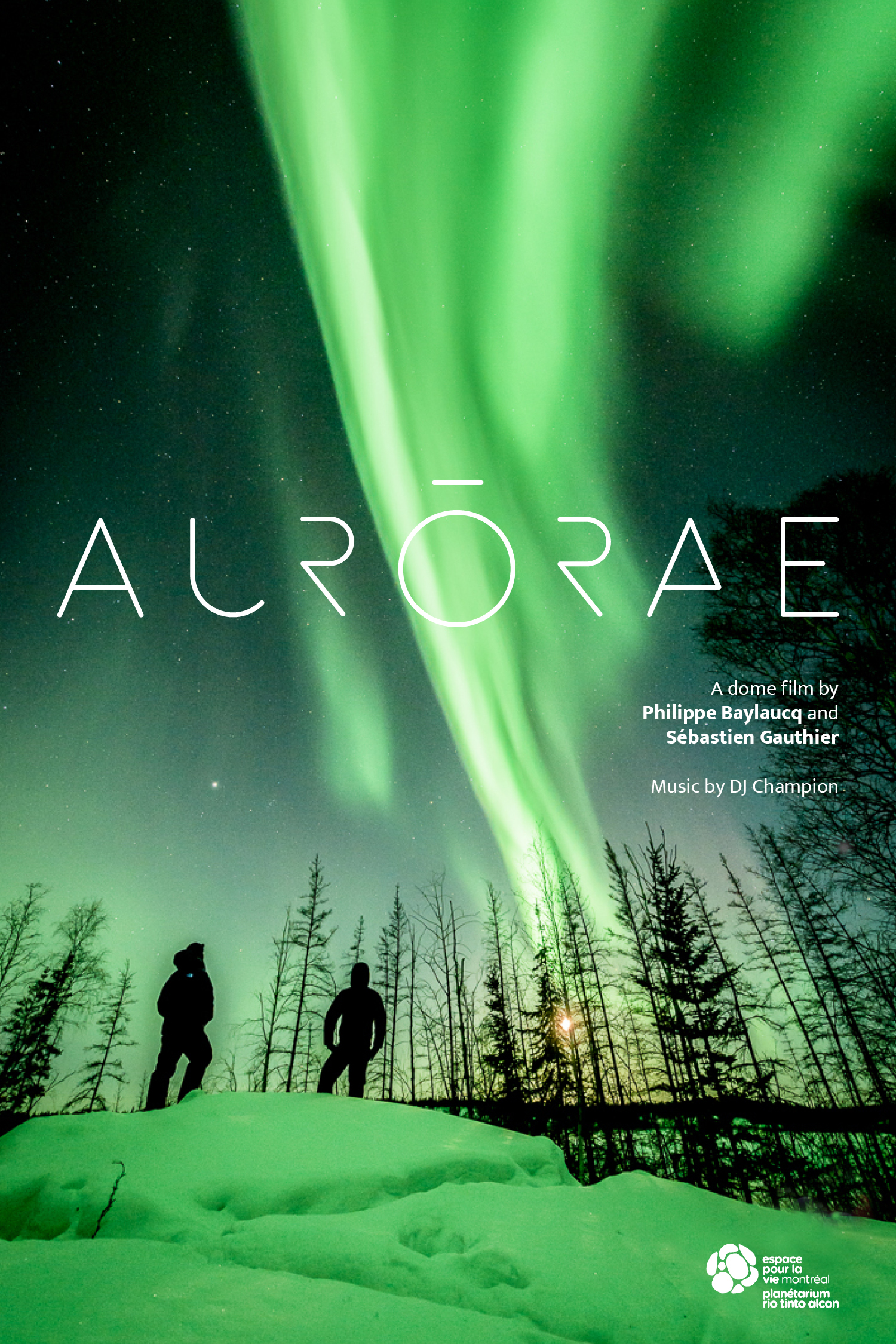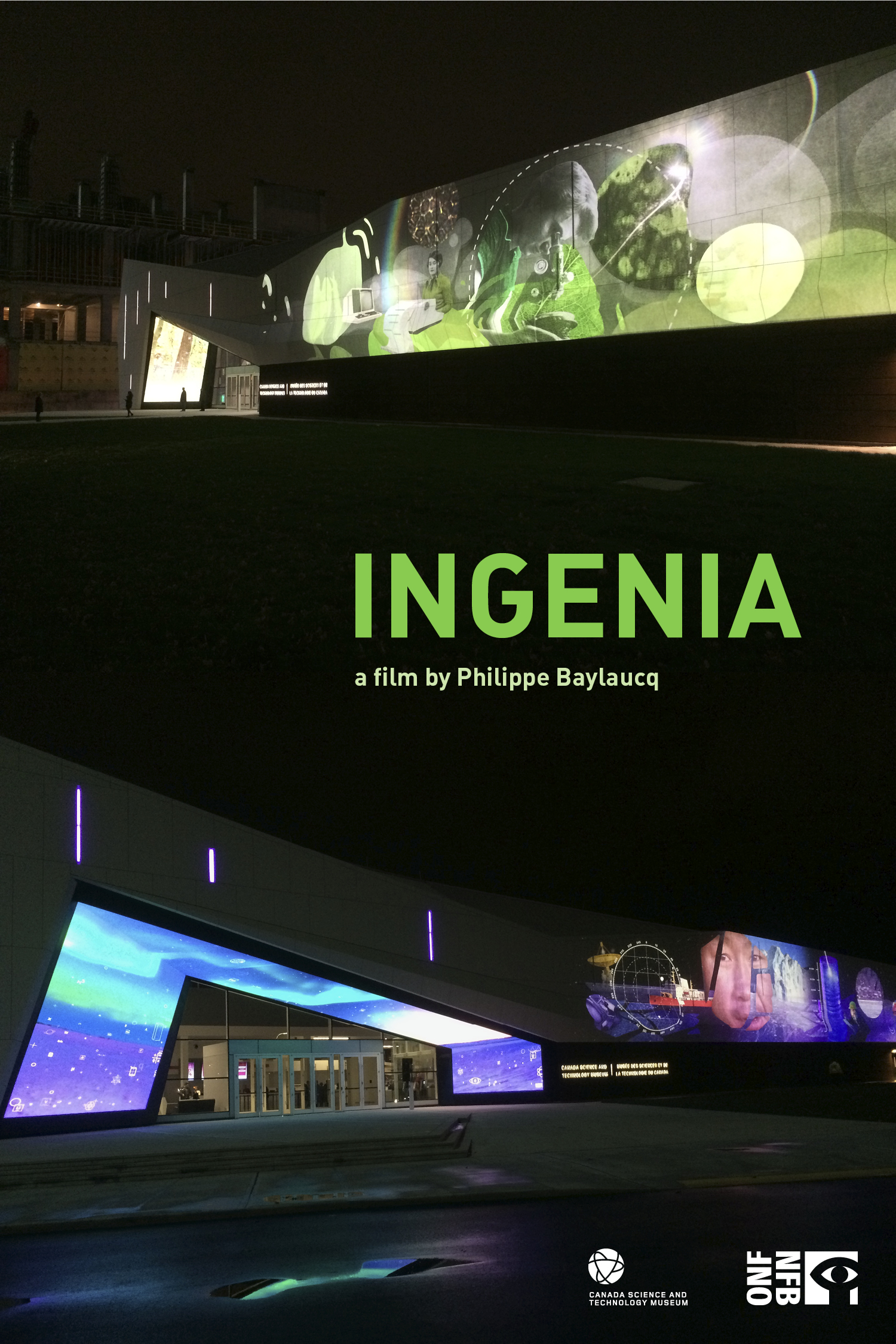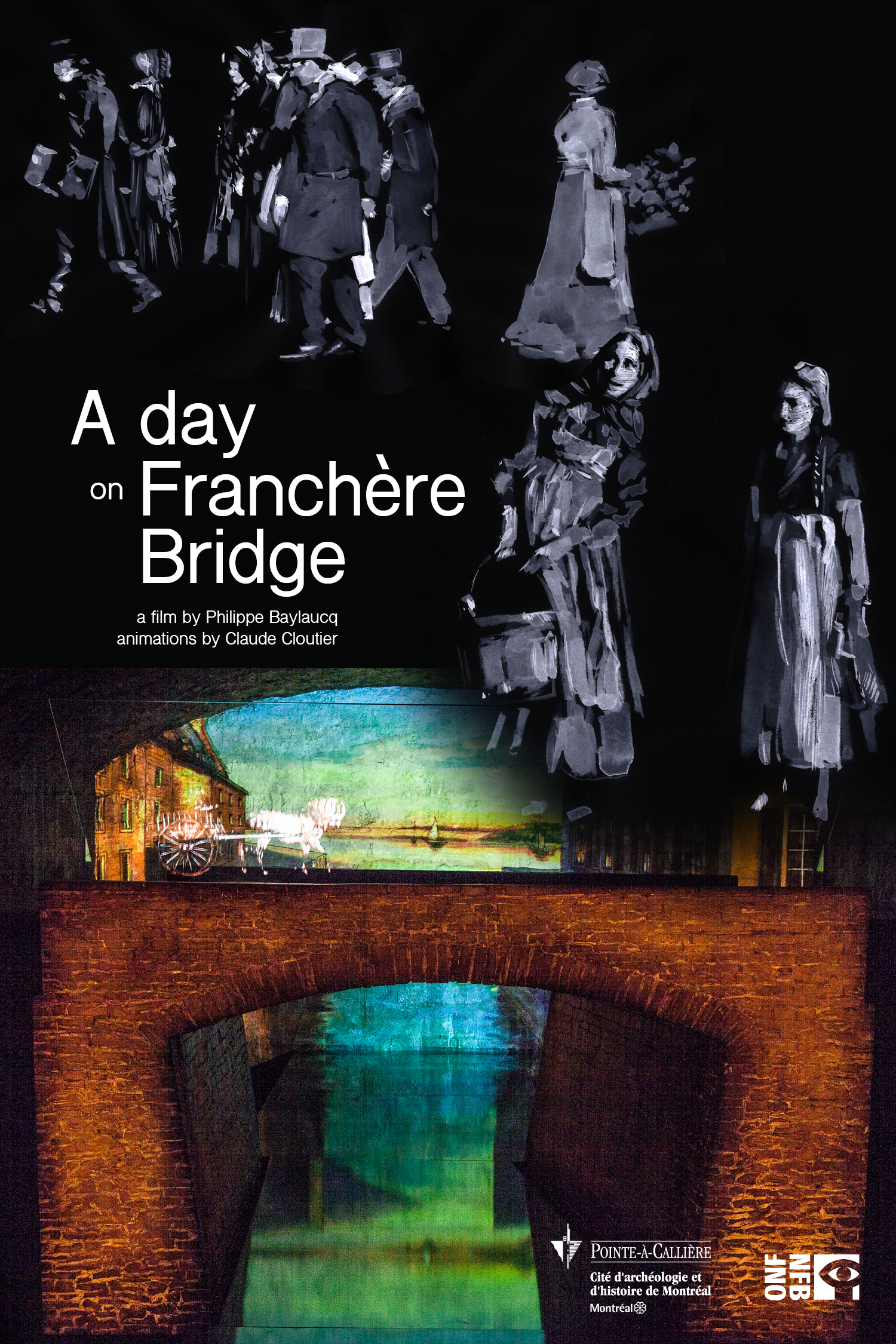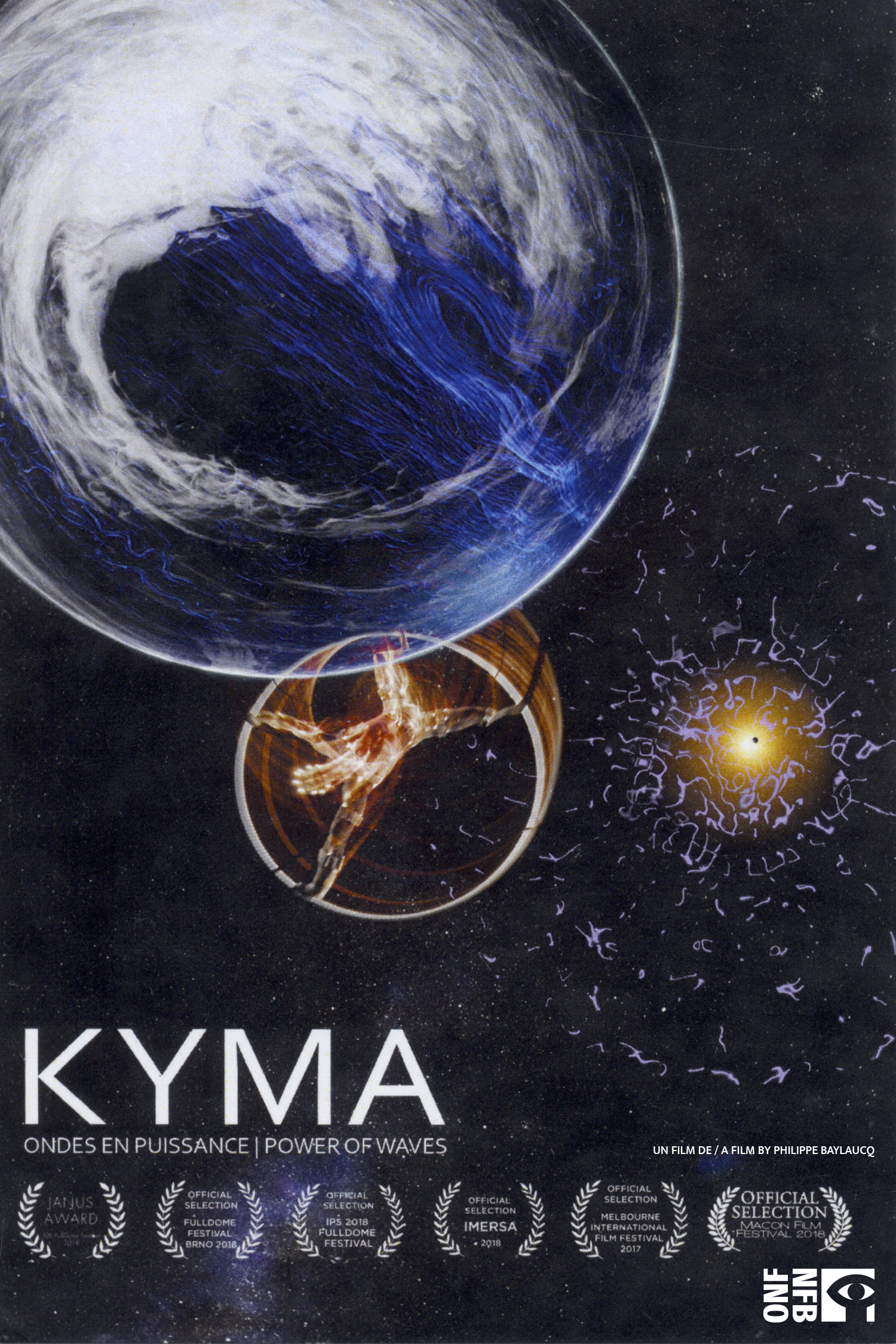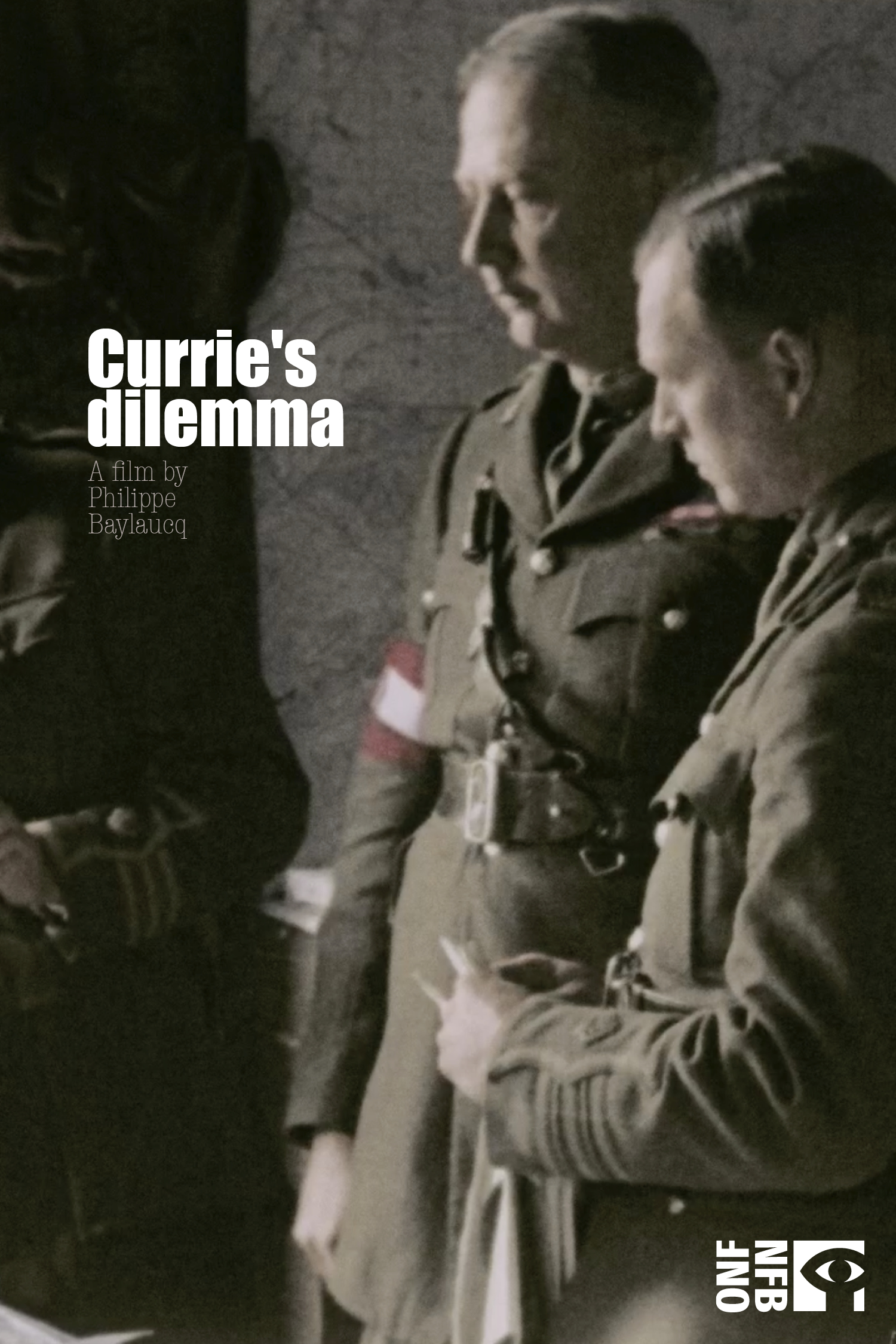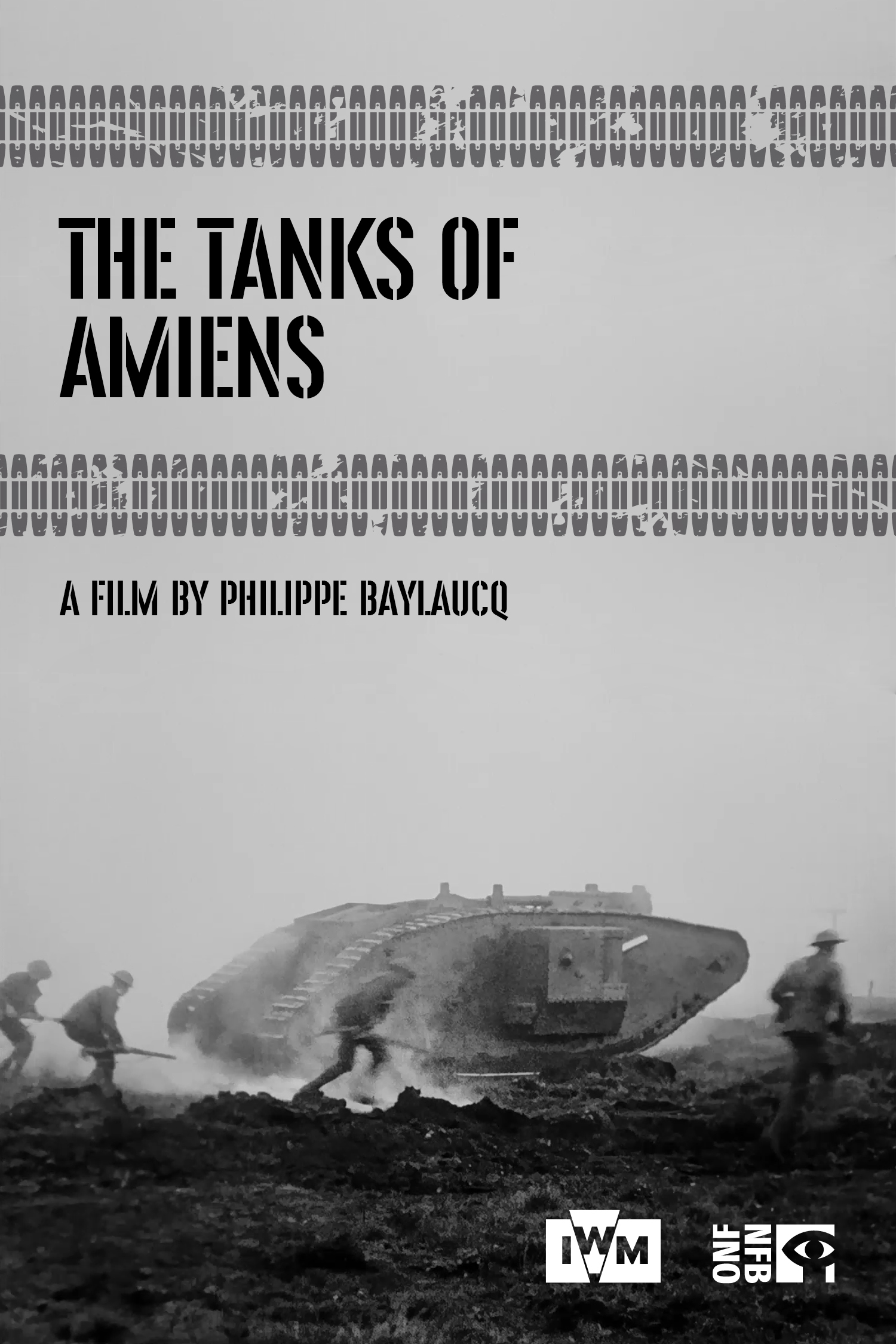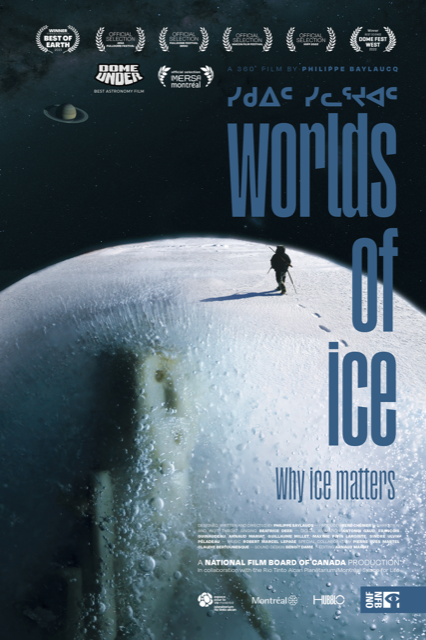Traveling around the world to raise funds, Kabul’s unlikely magician hopes to build a cultural center to honor the memory of his son Atsushi. The great Japanese architect Kisho Kurokawa, inspired by this quest for redemption, agrees to design the complex. But if hearts can thus come together, the distance and history that separate cultures weigh heavily on a project that inspires as much as it raises questions.
Like a complex campaign, the project of this Nipponese Don Quixote is a premonition of the quagmire in which Western countries themselves ended up, despite their initial intentions. It’s very difficult to repair the course of history, but it may be possible to change oneself. Perhaps this is where reconciliation truly starts.
82 minutes
Videos
Main collaborators
With the complicity of
Haruhiro Shiratori
Kisho Kurokawa
Yasuhiro Nakajima
Zabiullah Naseeri
Ihsanullah
Tomoko Shiratori
Producers
Nathalie Barton
Yves Bisaillon
Ian Quenneville
Patricia Bergeron
Research and script
Philippe Baylaucq
Cinematography
Philippe Lavalette, Philippe Baylaucq,
Domimic Morissette
Sound recording
Richard Lavoie
Editing
Dominique Sicotte
Original score
Robert Marcel Lepage
Sound design
Benoît Dame
Patrick Rioux
Production coordinator in Japan
and assistant to the director
Brian Hulse
Culture and Education Attaché
Délégation générale du Québec à Tokyo
Kimi Amano
Interpreters in Tokyo
Atsuko Matsunami
Miya French
Translation from Japanese
Michel Richard
Yukari Hamagaki
Translation of Dari
Arezo Yousufzai
Archive research in Japan
Françoise de la Cressonnière
Back-up film crew
in Japan Video Wing
Caméra – Kei Nakagome
Caméra – Yasuhisa Kaburagi
Sound recording – Osamu Yoda
Lighting - Misato Nasaux
Photographer – Kouyou Isihikawa
Musicians
Bernard Falaise, guitare
Yanik Cloutier, dobro
Jocelyn Drainville, shakuhachi
Ganesh Anandan, percussions
Shinichi Kinoshita, shamisen
Production assistant & interpretor
In New York
Tsutomu Fujiki (Hiro)
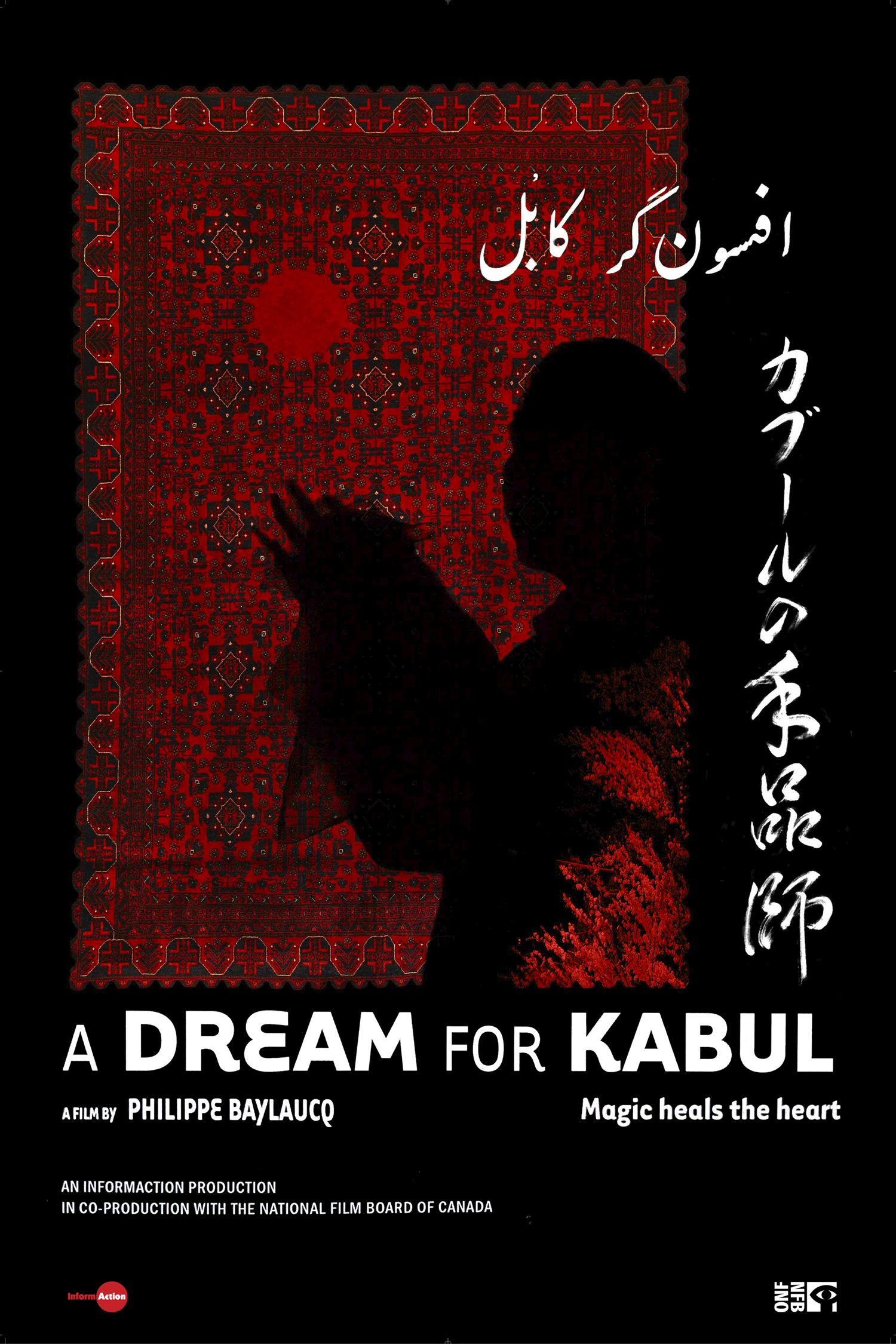
Prizes, nominations and selections
Denise Martel – LE JOURNAL DE MONTRÉAL
**** "The film is a meditation on the complicated relationship between a father and a son - but what sticks in the mind is one man taking a small step toward bridging cultural divides."Benoit Bisson – 7 JOURS
***½ « Un film magique et inspirant, qui montre comment le deuil, la souffrance et la colère peuvent se transformer en espoir et en infini, Un idéal pour des lendemains meilleurs. »Martin Gignac – ICI
***½ "An inspiring piece of magic, that shows how mourning, suffering and anger can be transformed into hope and infinite possibilities. An ideal for better tomorrows."Mario Cloutier – LA PRESSE
*** ½ "A touching story... A moving and thought provoking film." Mario Cloutier - LA PRESSERebecca Makonnen – RADIO-CANADA
"Philippe Baylaucq has constructed a beautiful mosaik. A lovely film."Odile Tremblay – LE DEVOIR
*** * "Philippe Baylaucq's film is both moving and honest."CINÉMA MONTRÉAL
"A Dream for Kabul is a very beautiful film, which never sinks into sensationalism"Sophie Bernard - LE LIEN AUDIOVISUEL
This profoundly intimate and painfully candid study of a Japanese father's quixotic quest for meaning in the aftermath of his son's death in the 9/11 collapse of the Twin Towers is sometimes depressing, other times inspiring, occasionally uncomfortable but always compelling. The filmmaker displays a strong visual sense of the different locations (Afghanistan, New York, and Japan) and uses it to advantage to remind the viewer of the cultural similarities and differences woven into the story. They also demonstrate an impressive ability to allow the humanity of a complex individual to reveal itself. The exemplary restraint of the story-telling shows respect for both the ambiguities of the subject and the intelligence of the audience.Jury Statement, Toronto Reel World Festival, 2009.
.Making of








